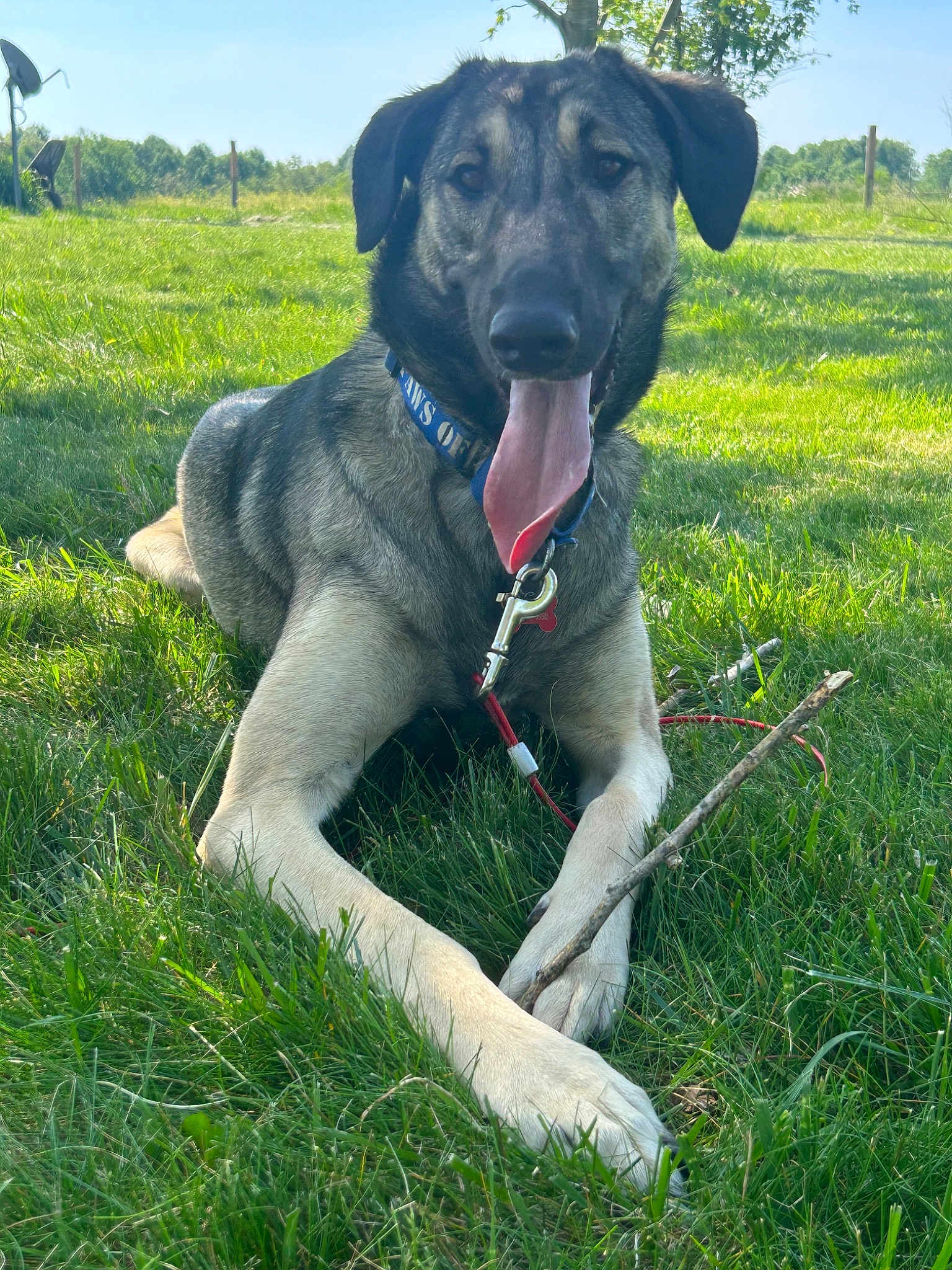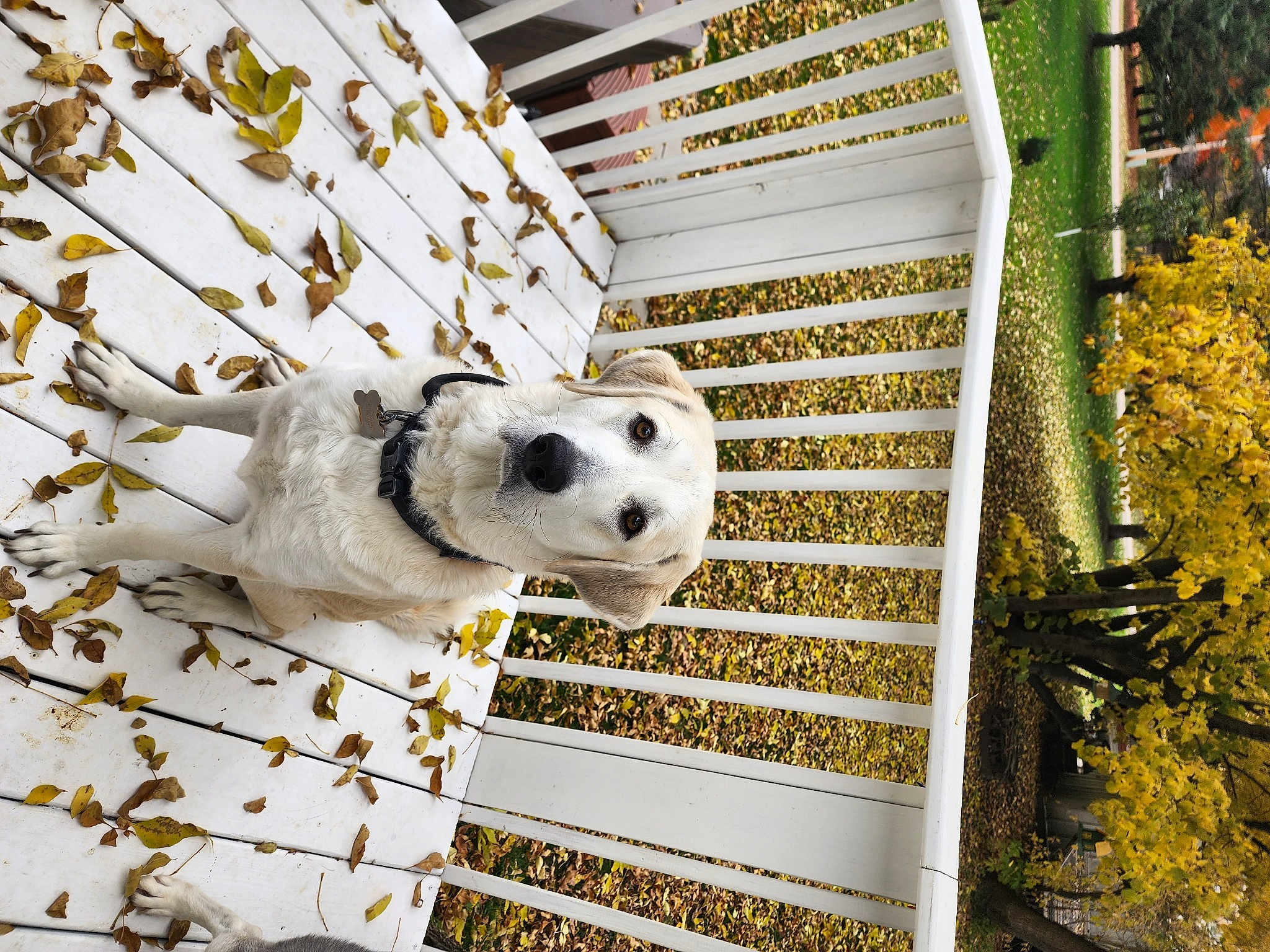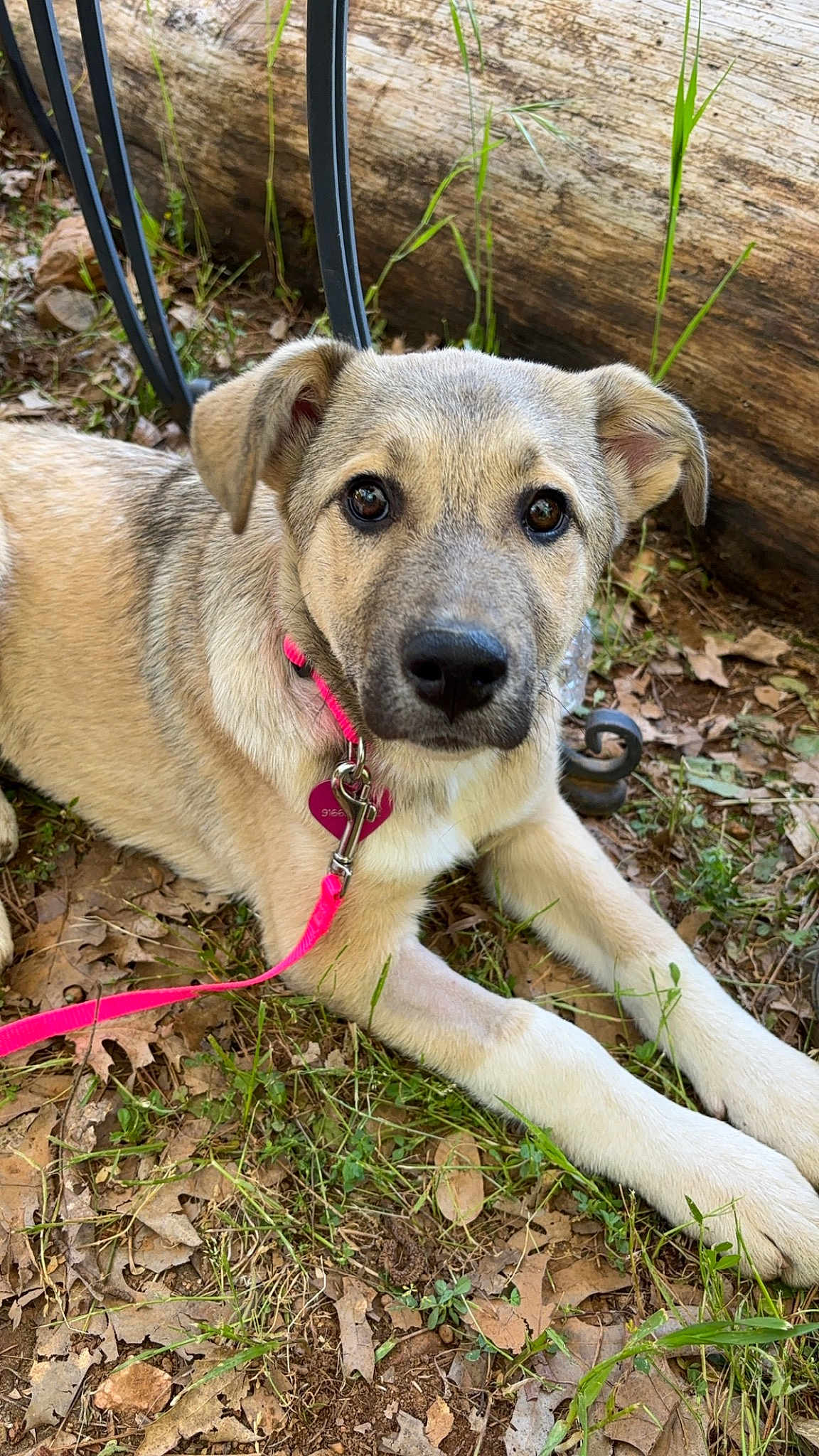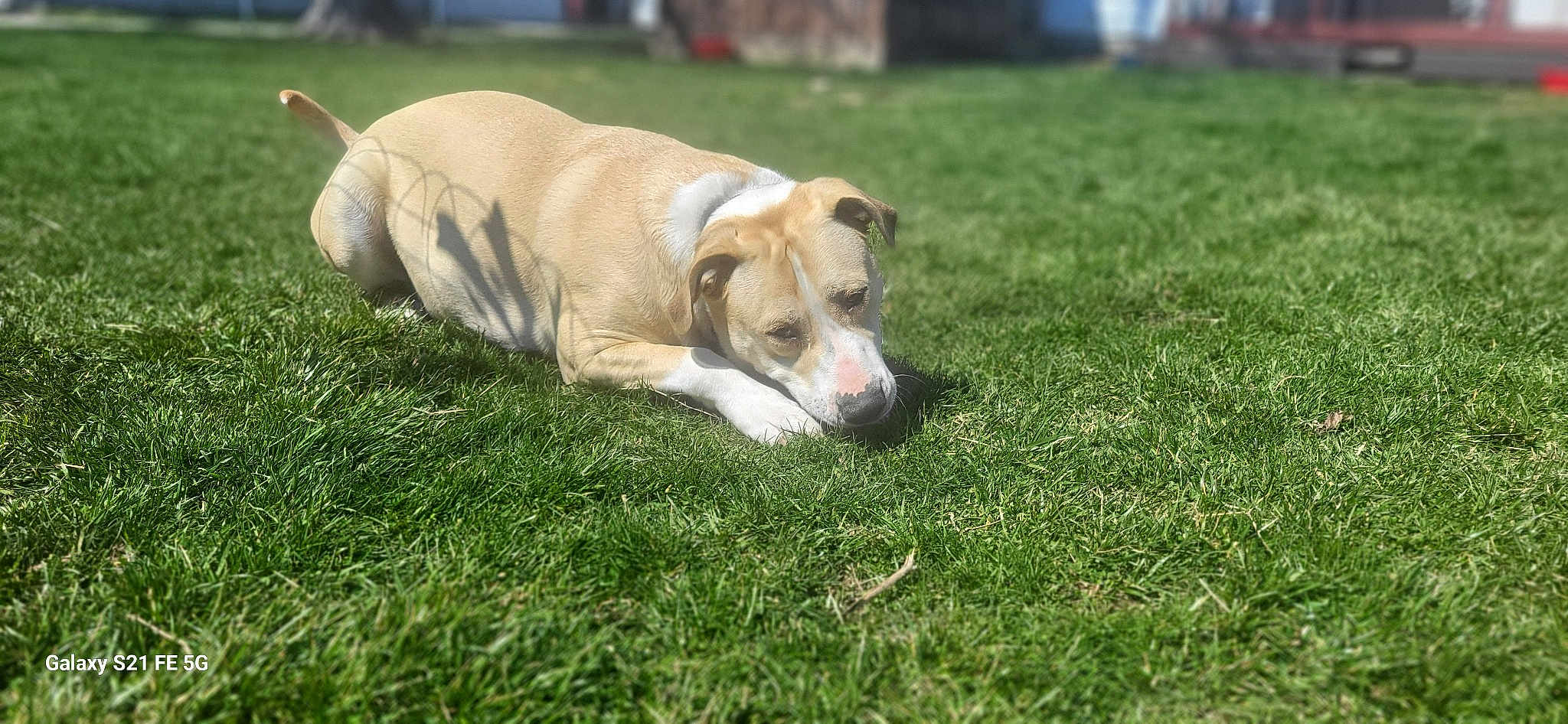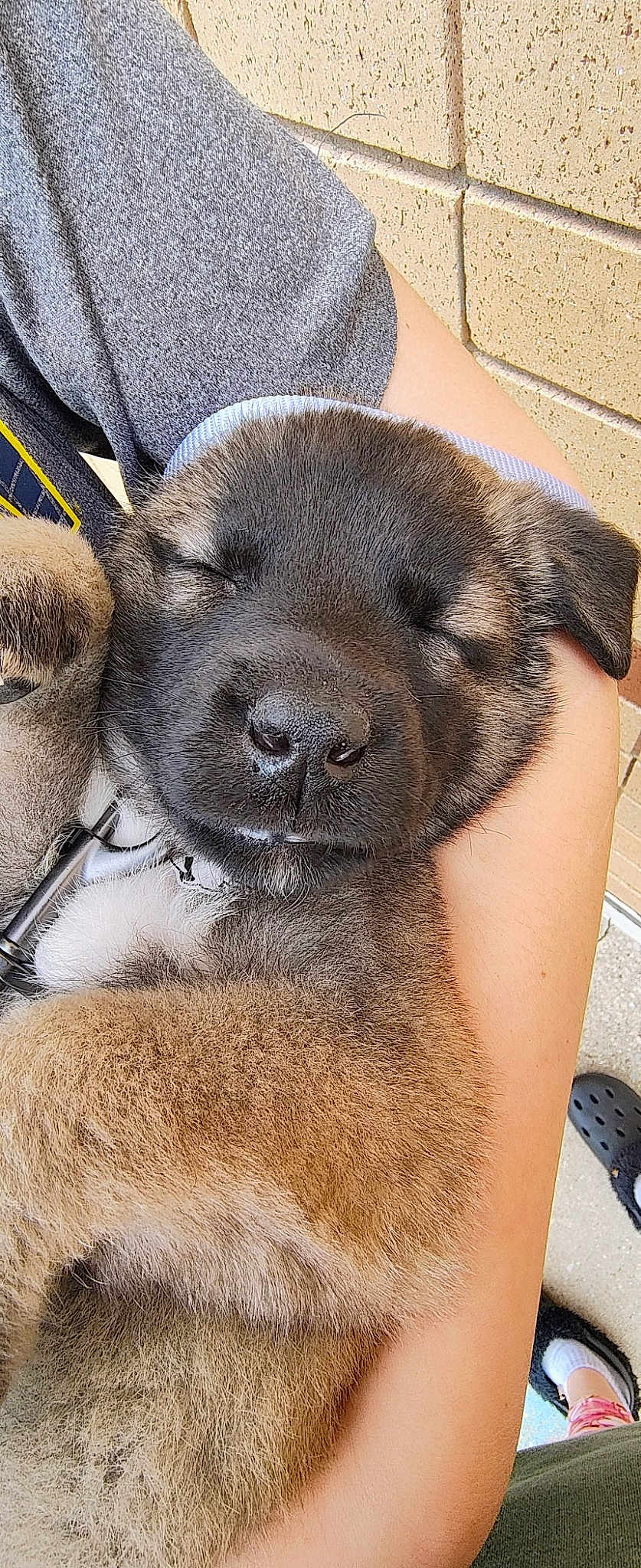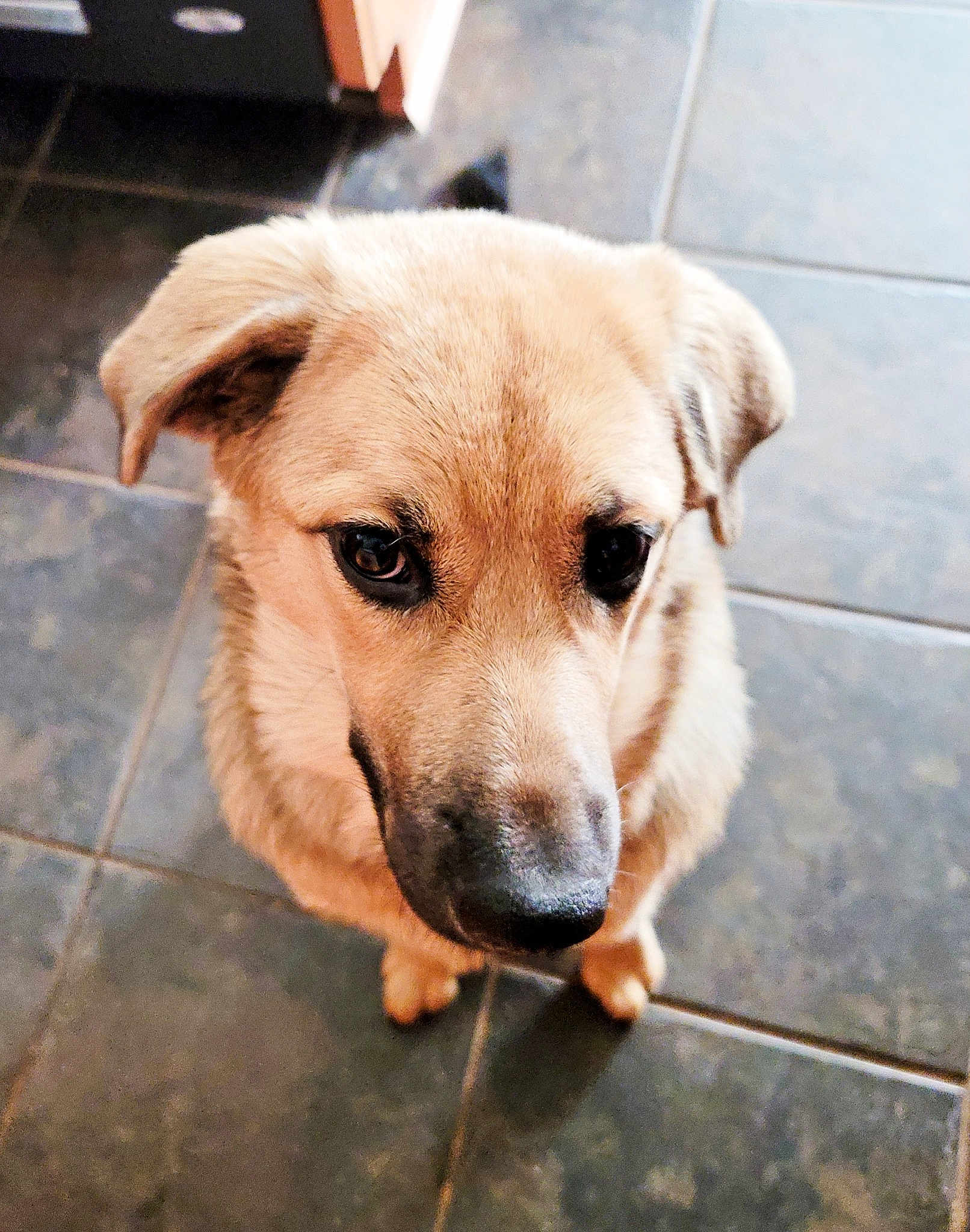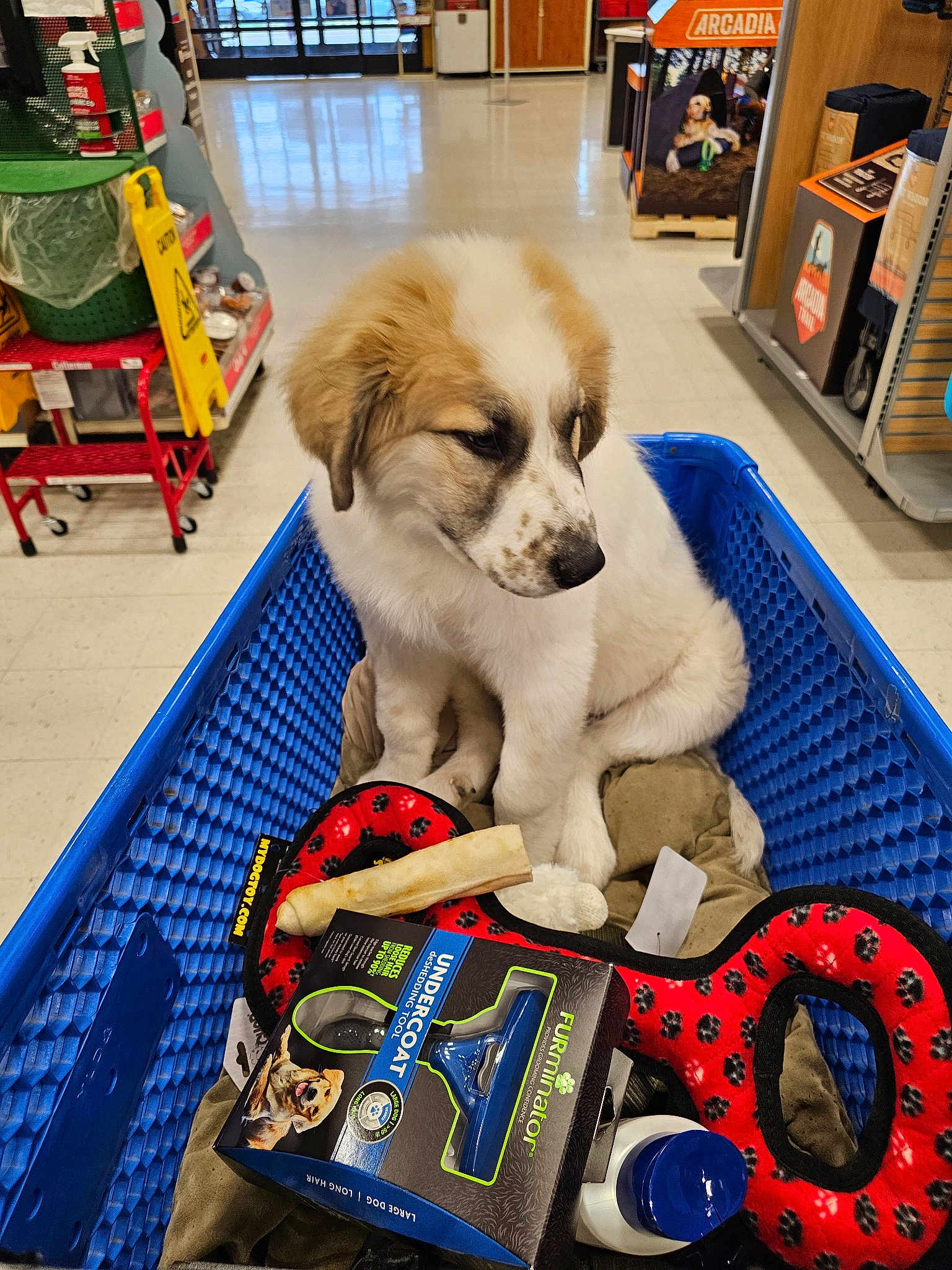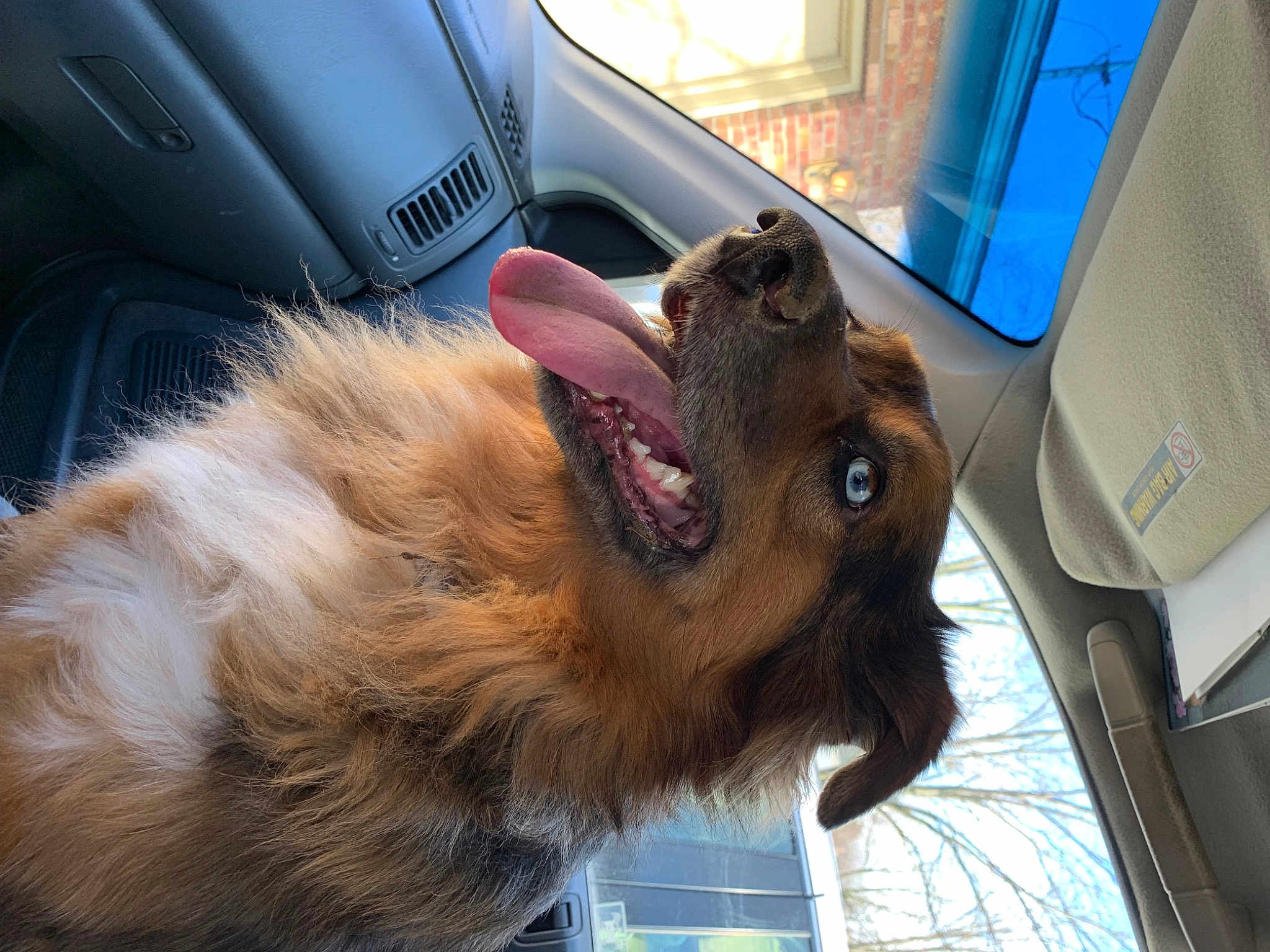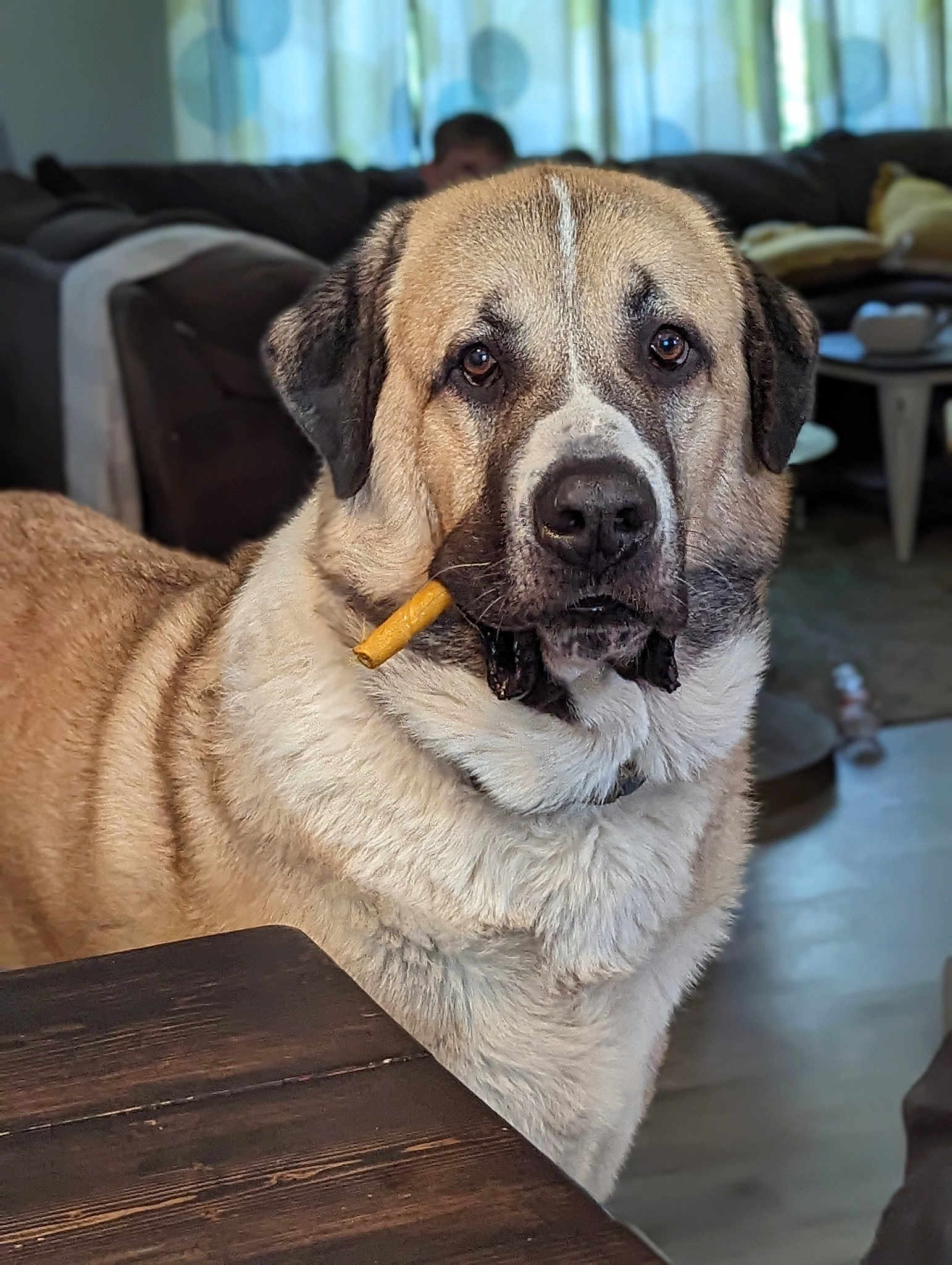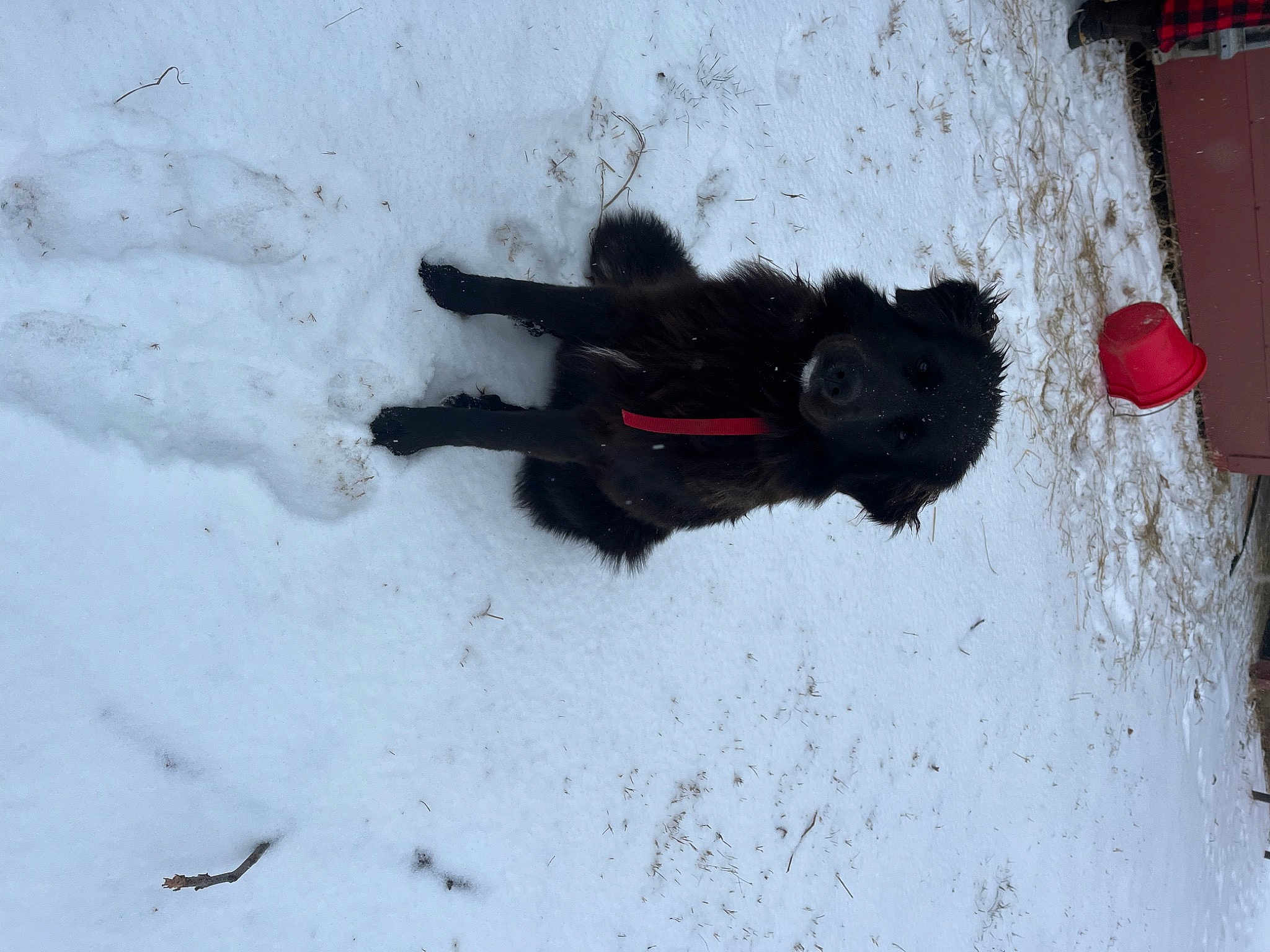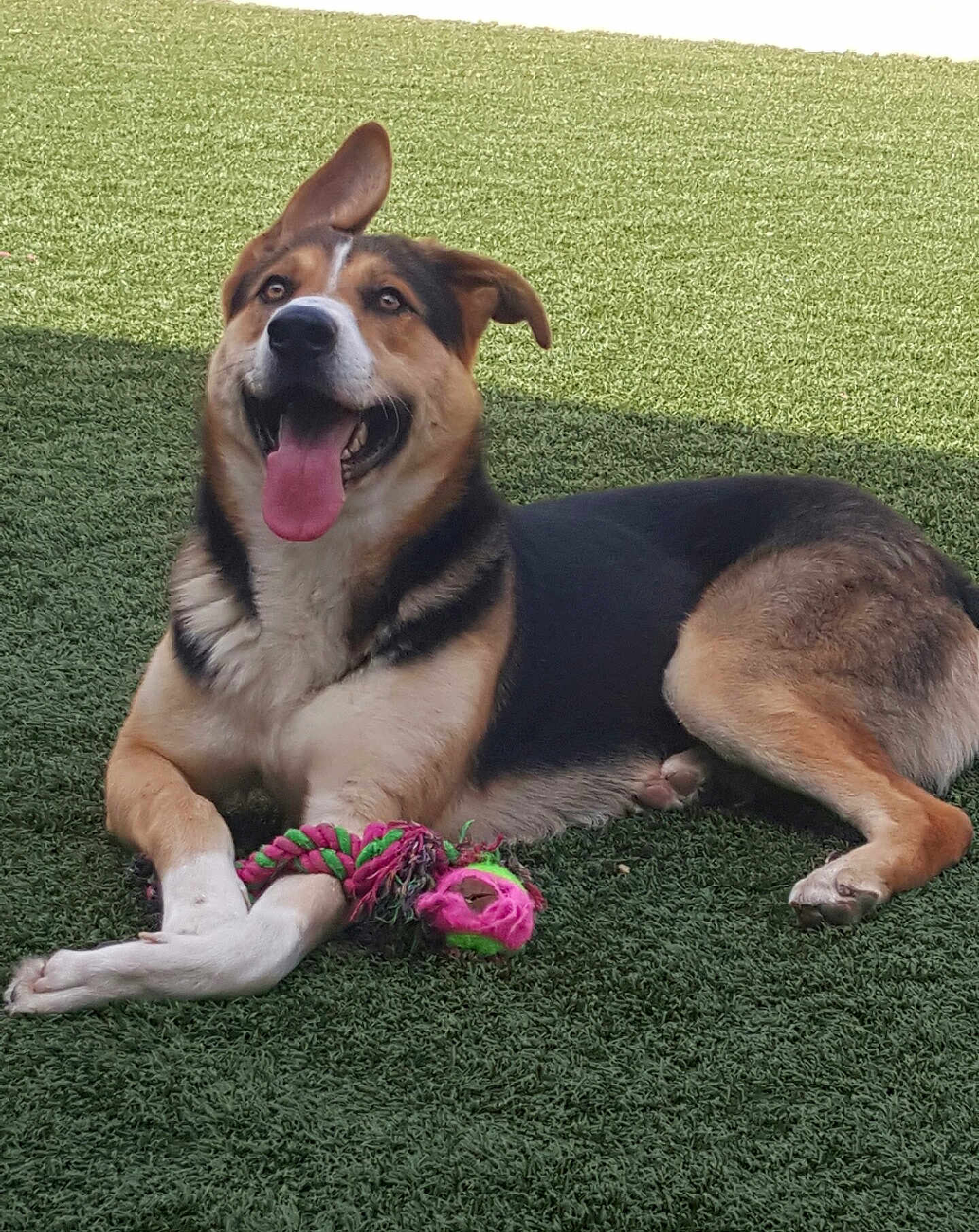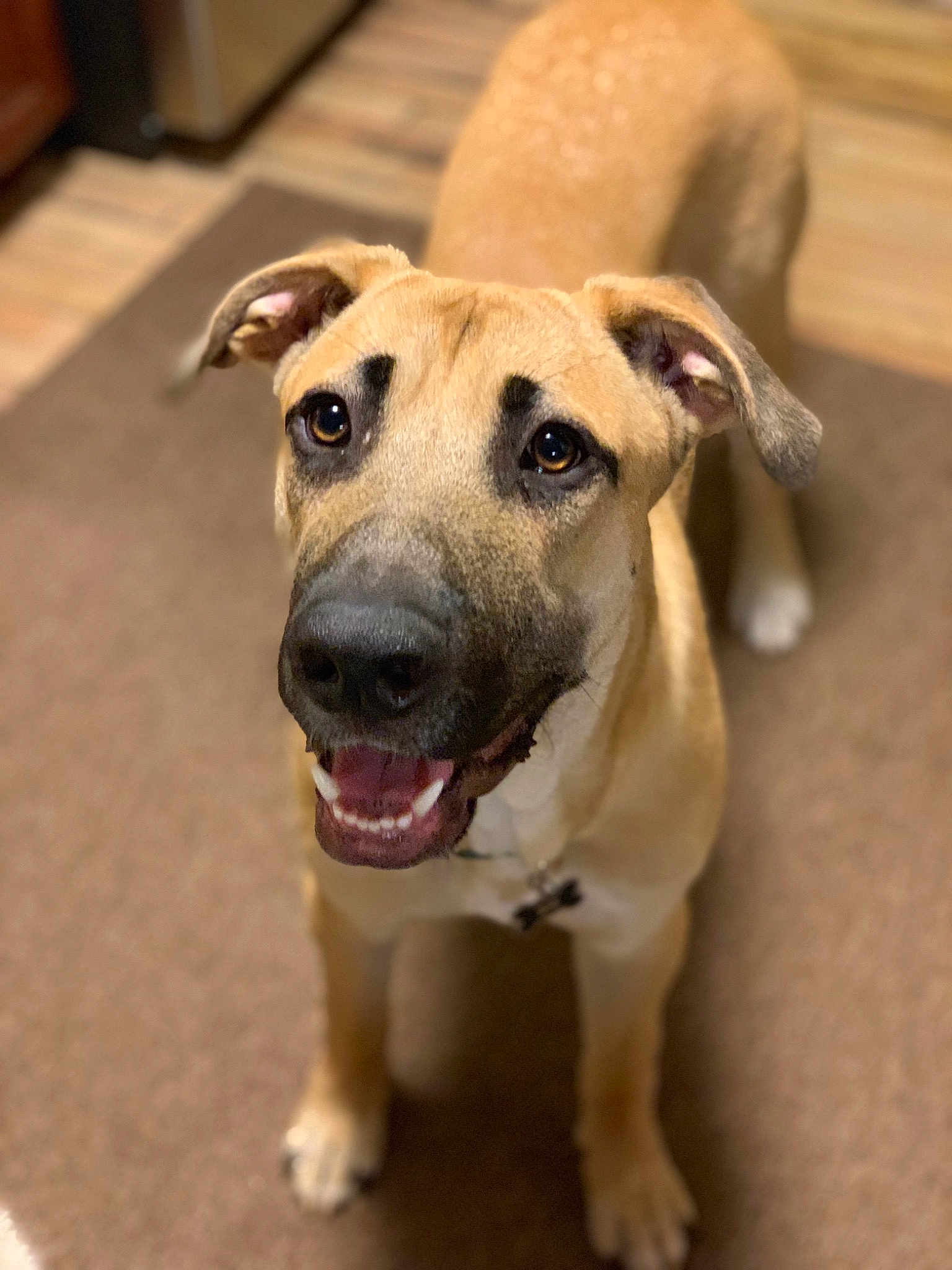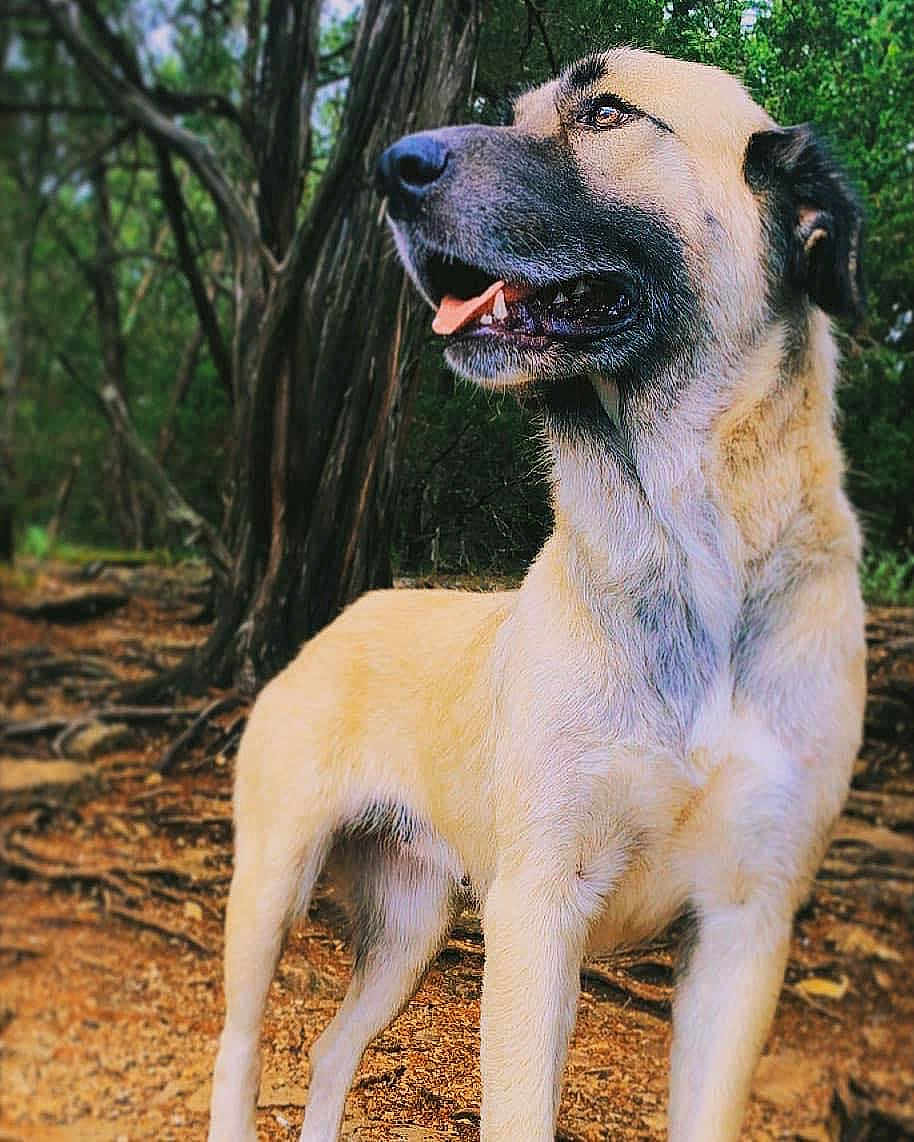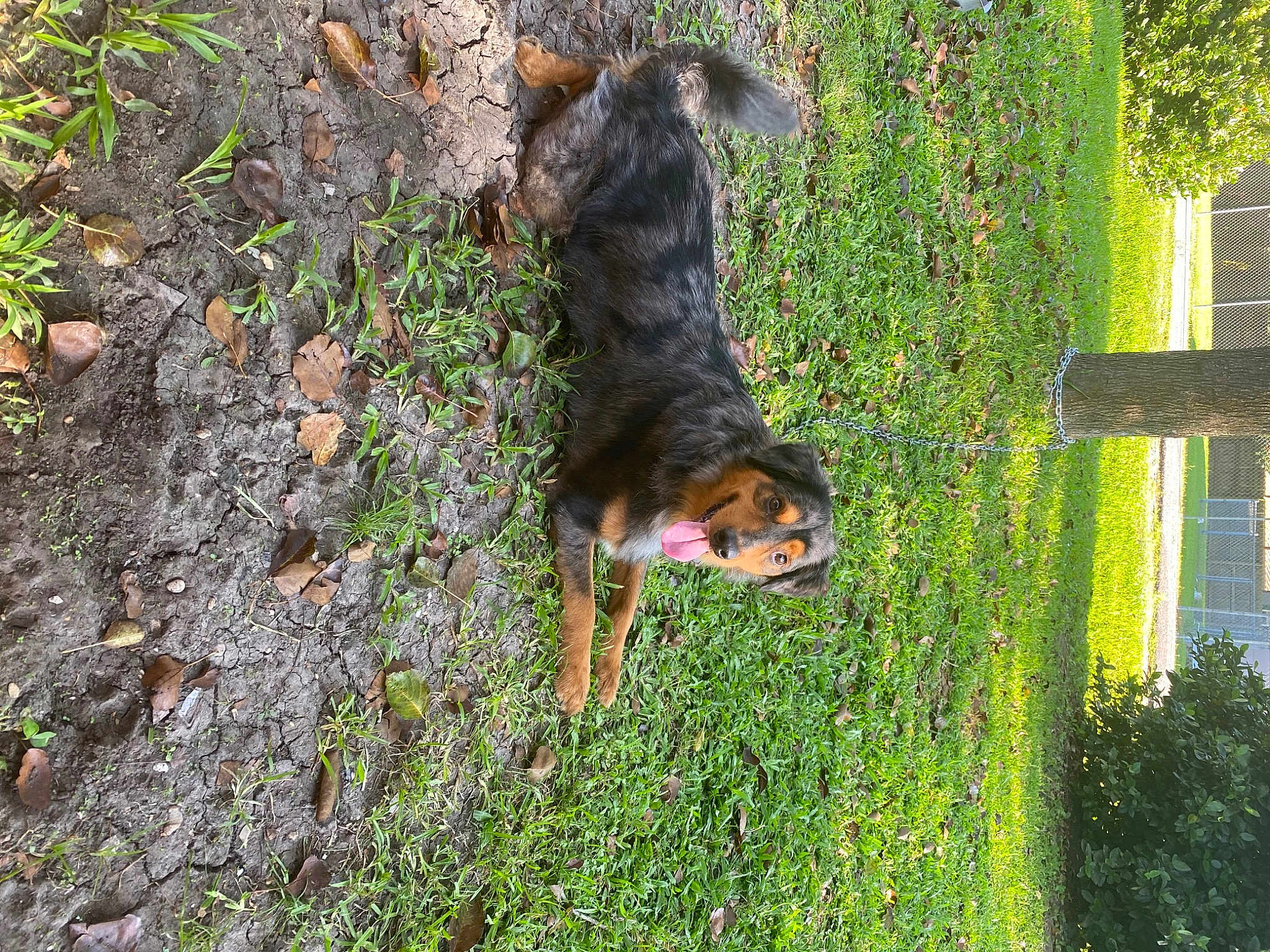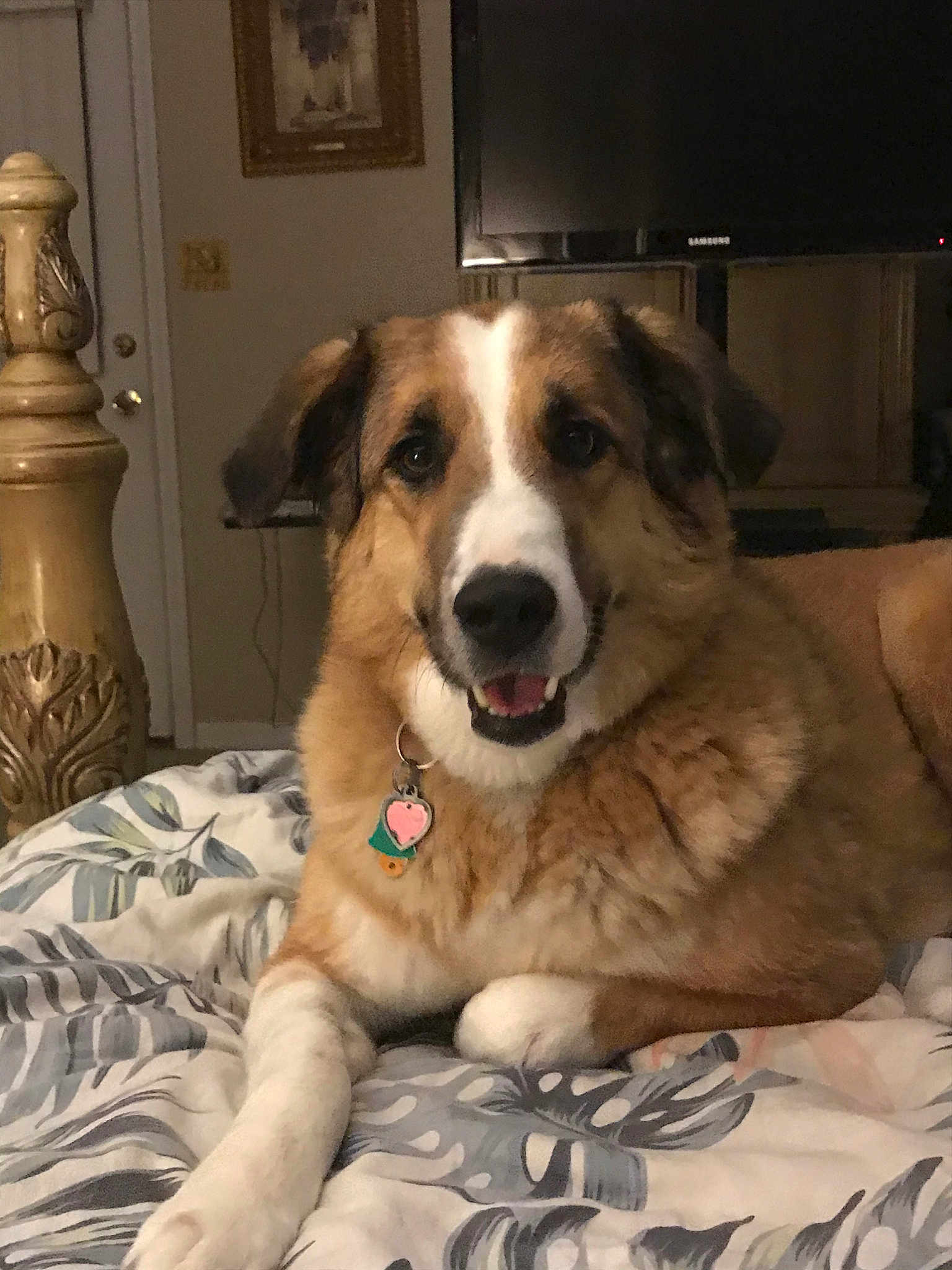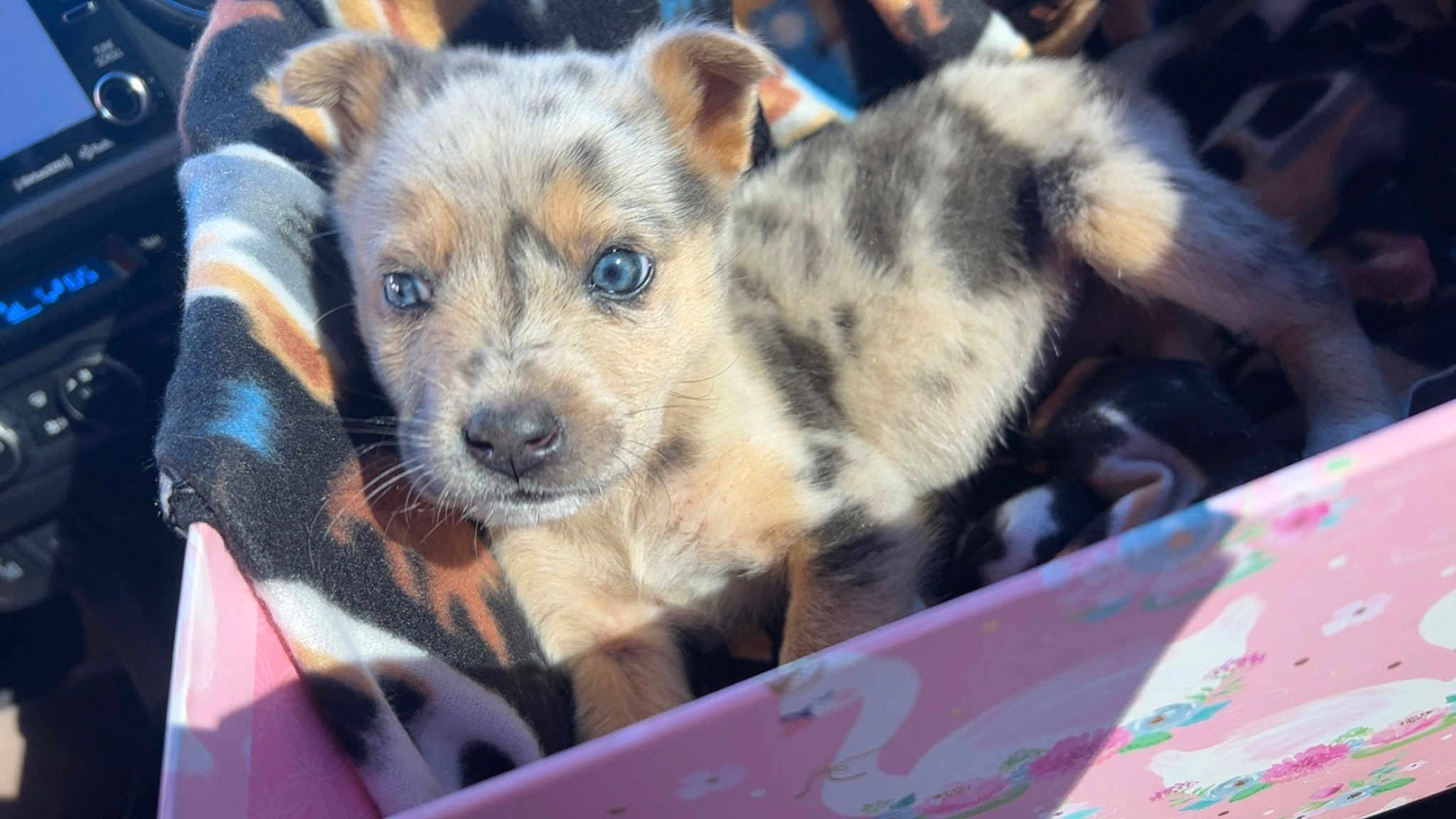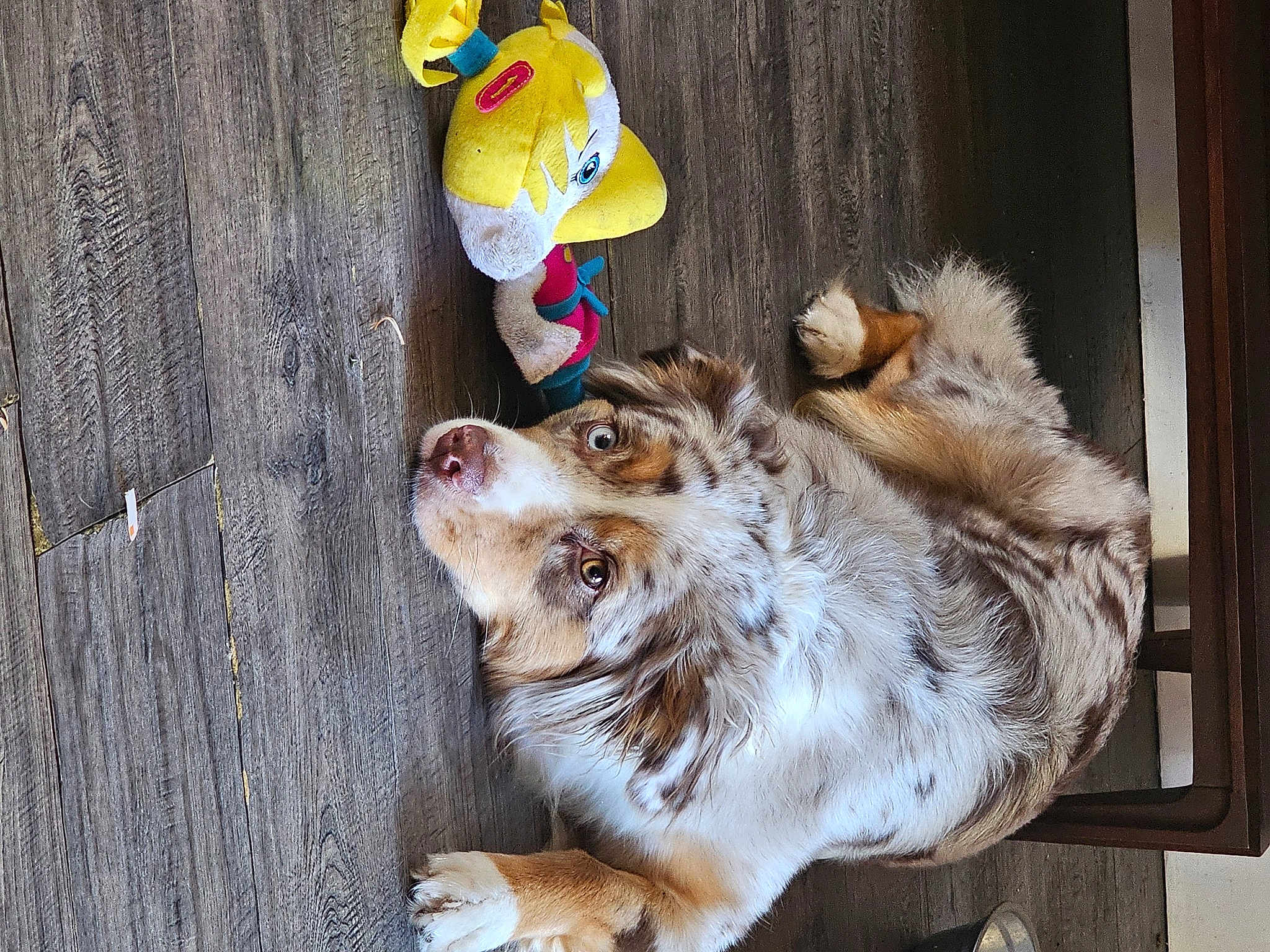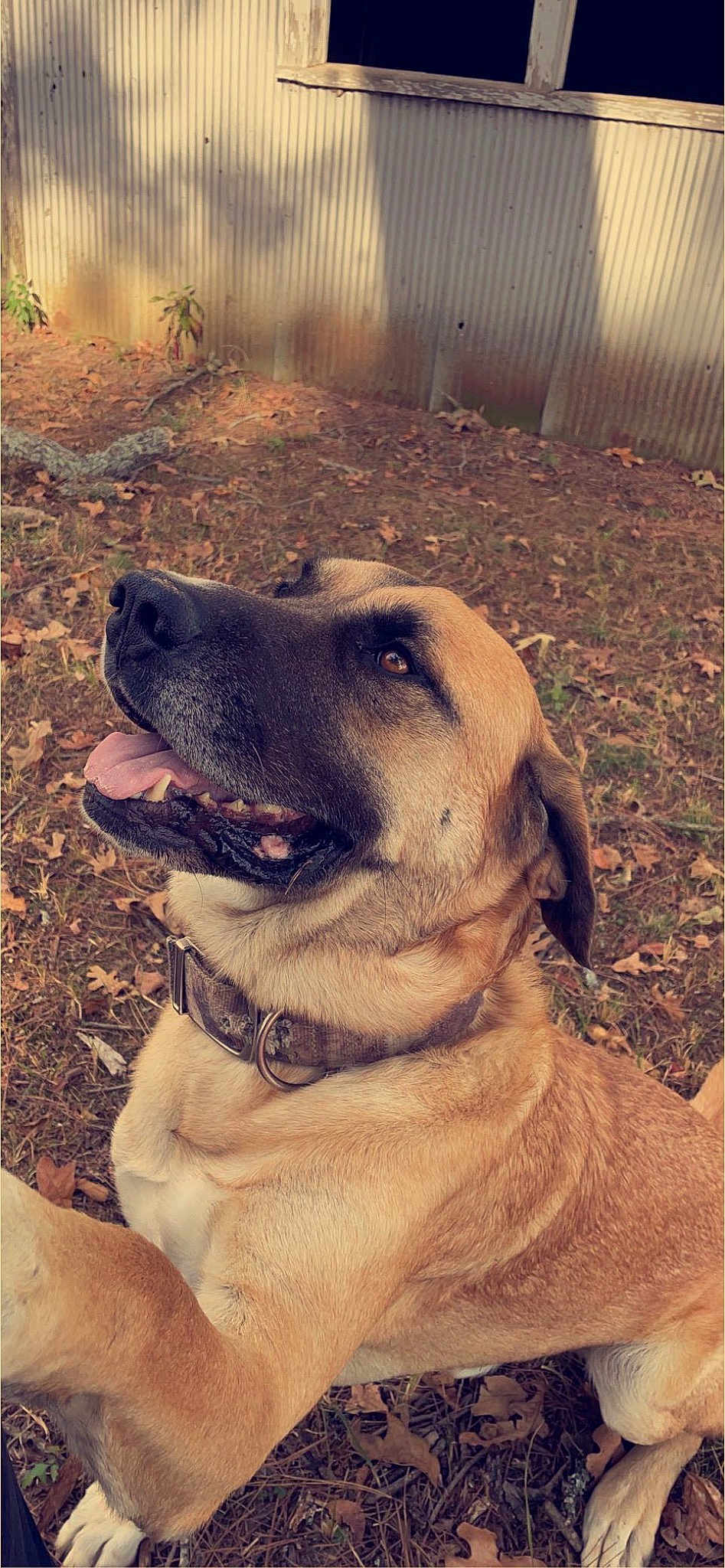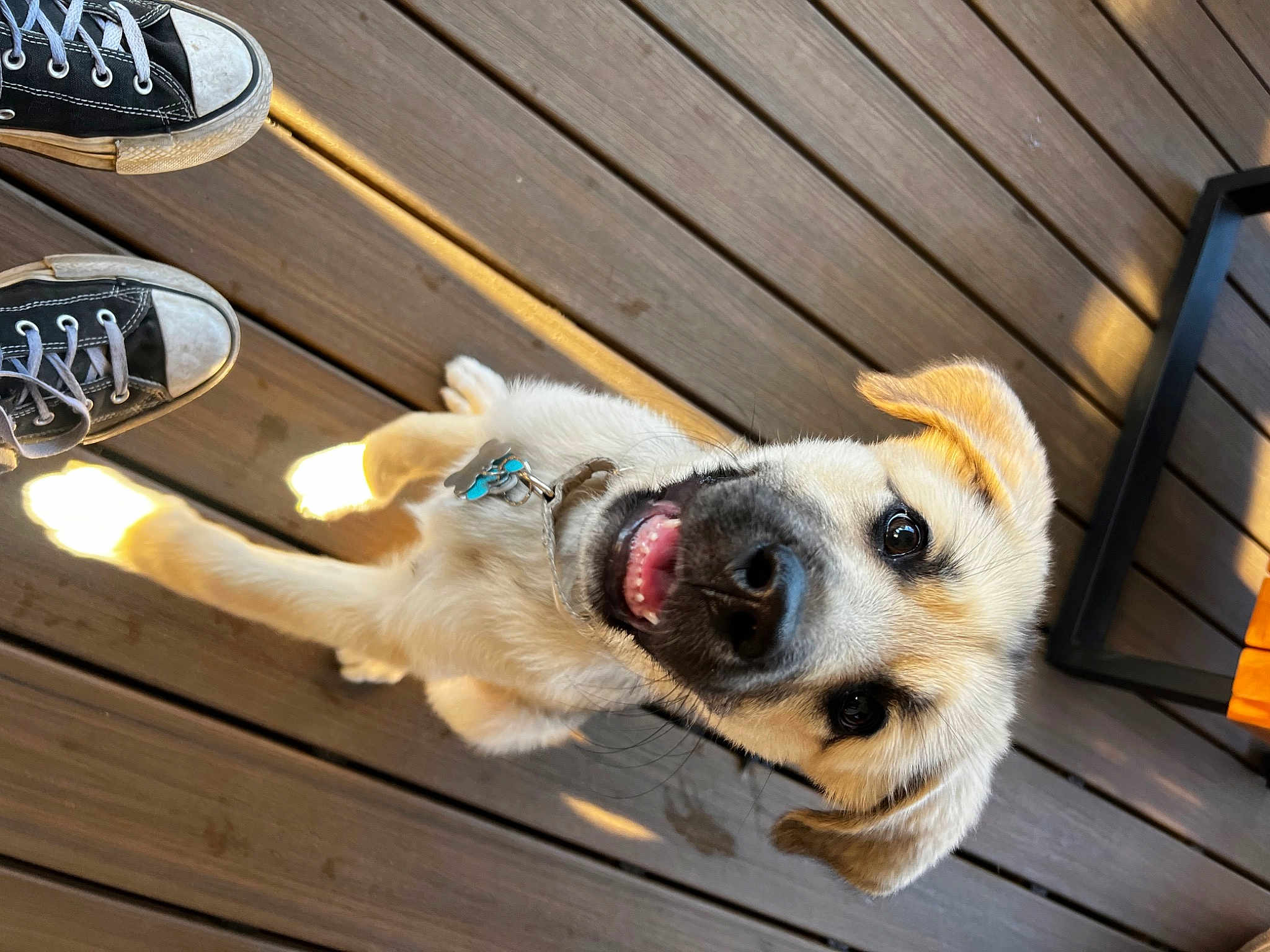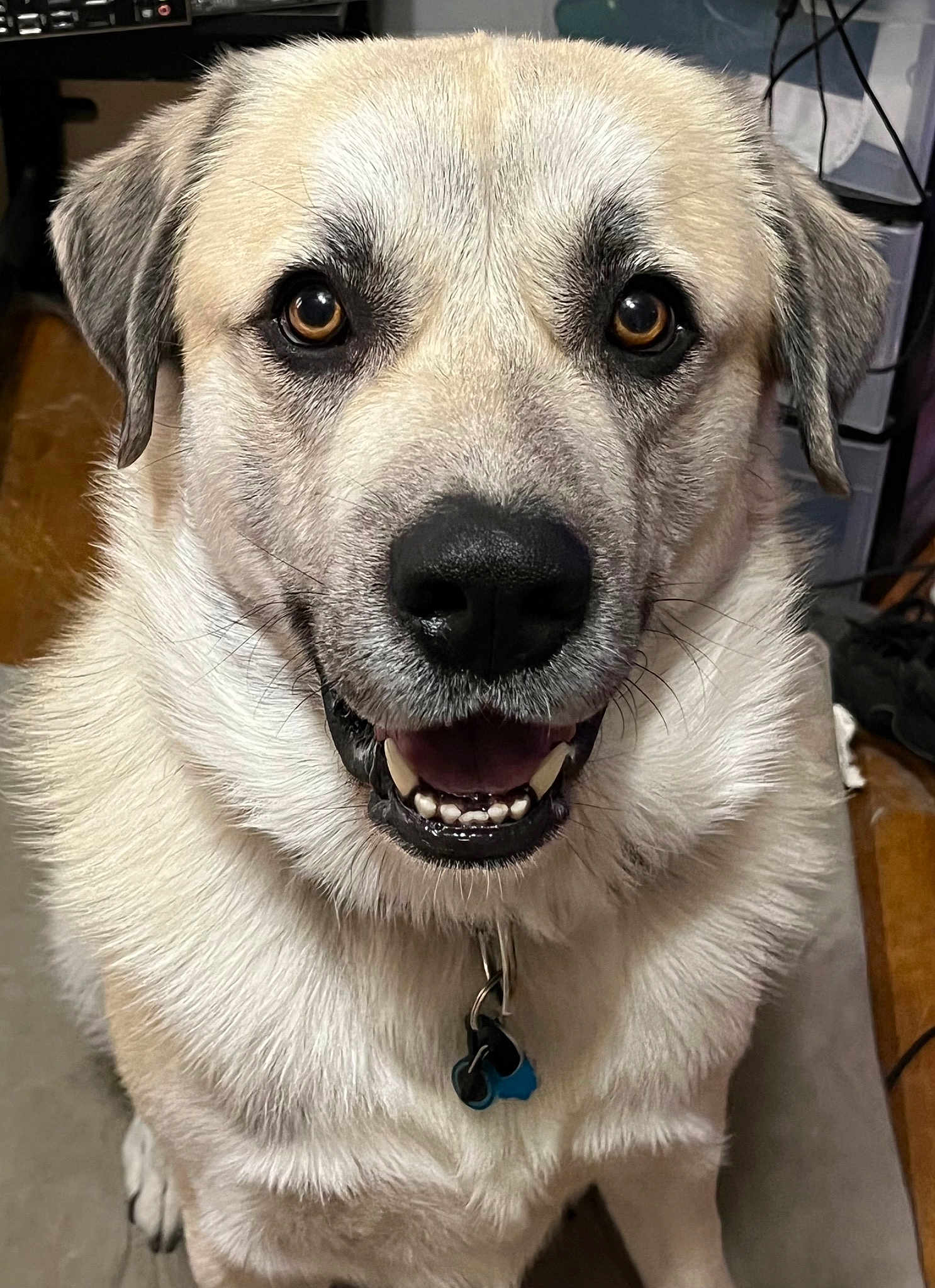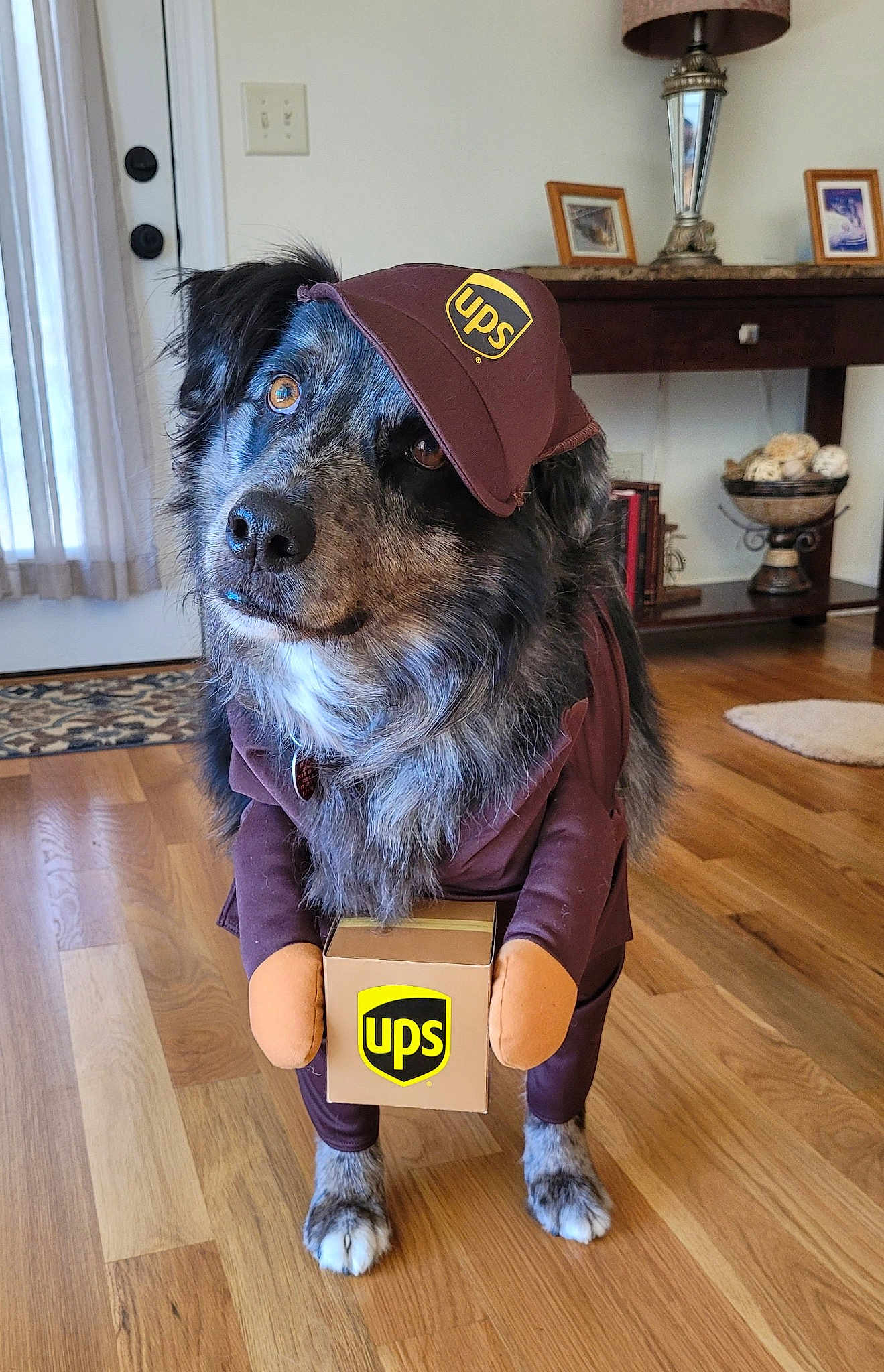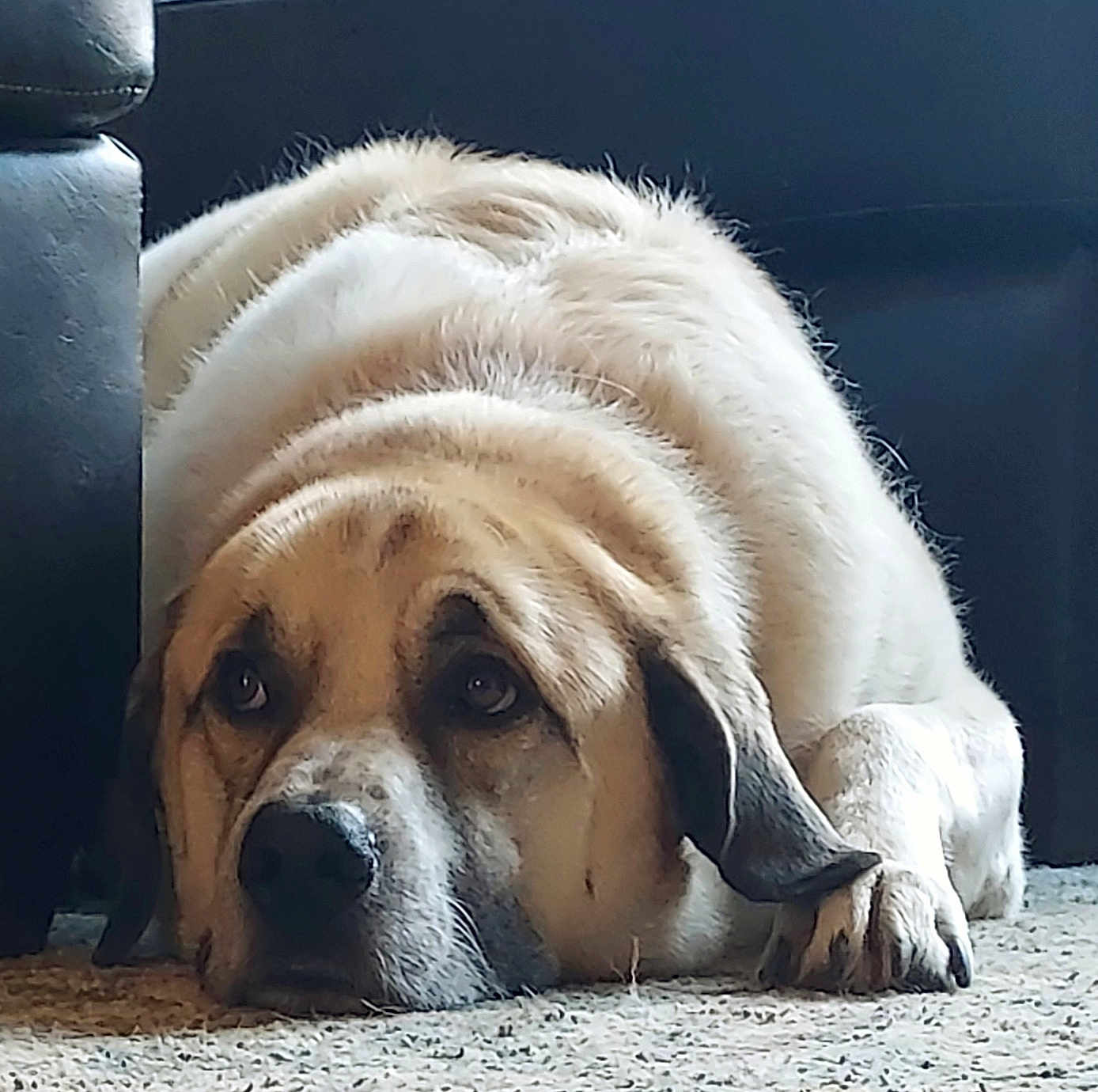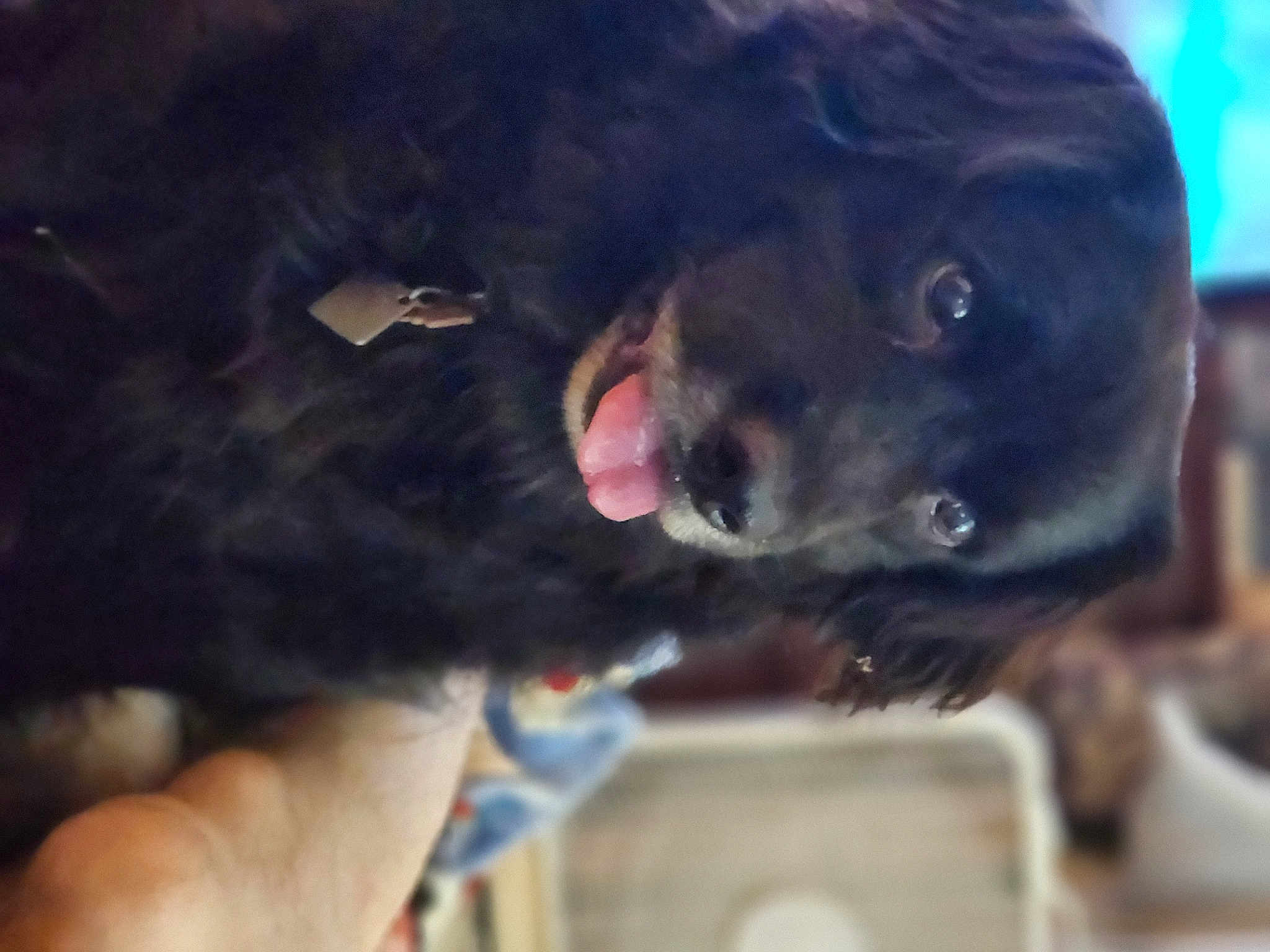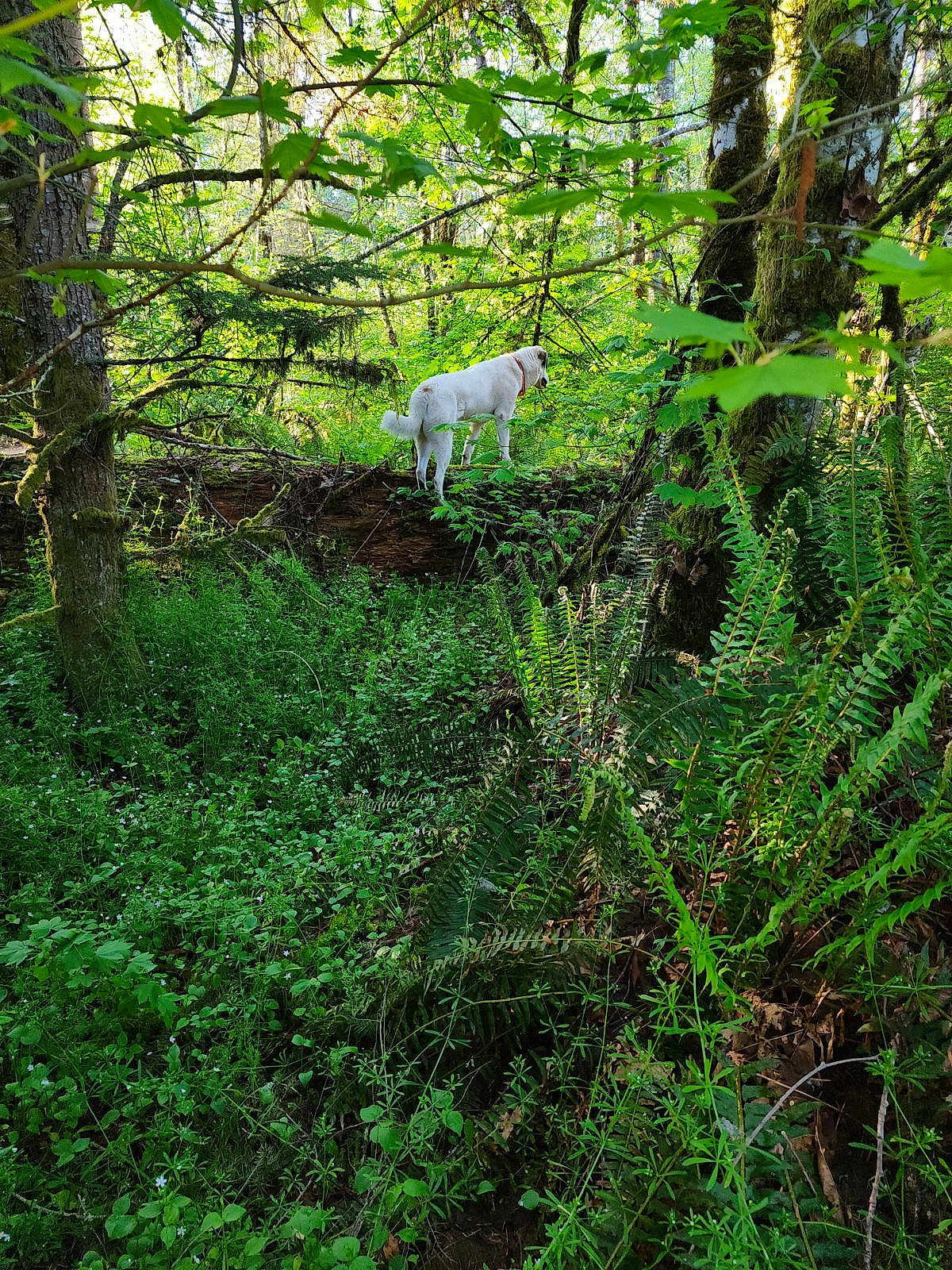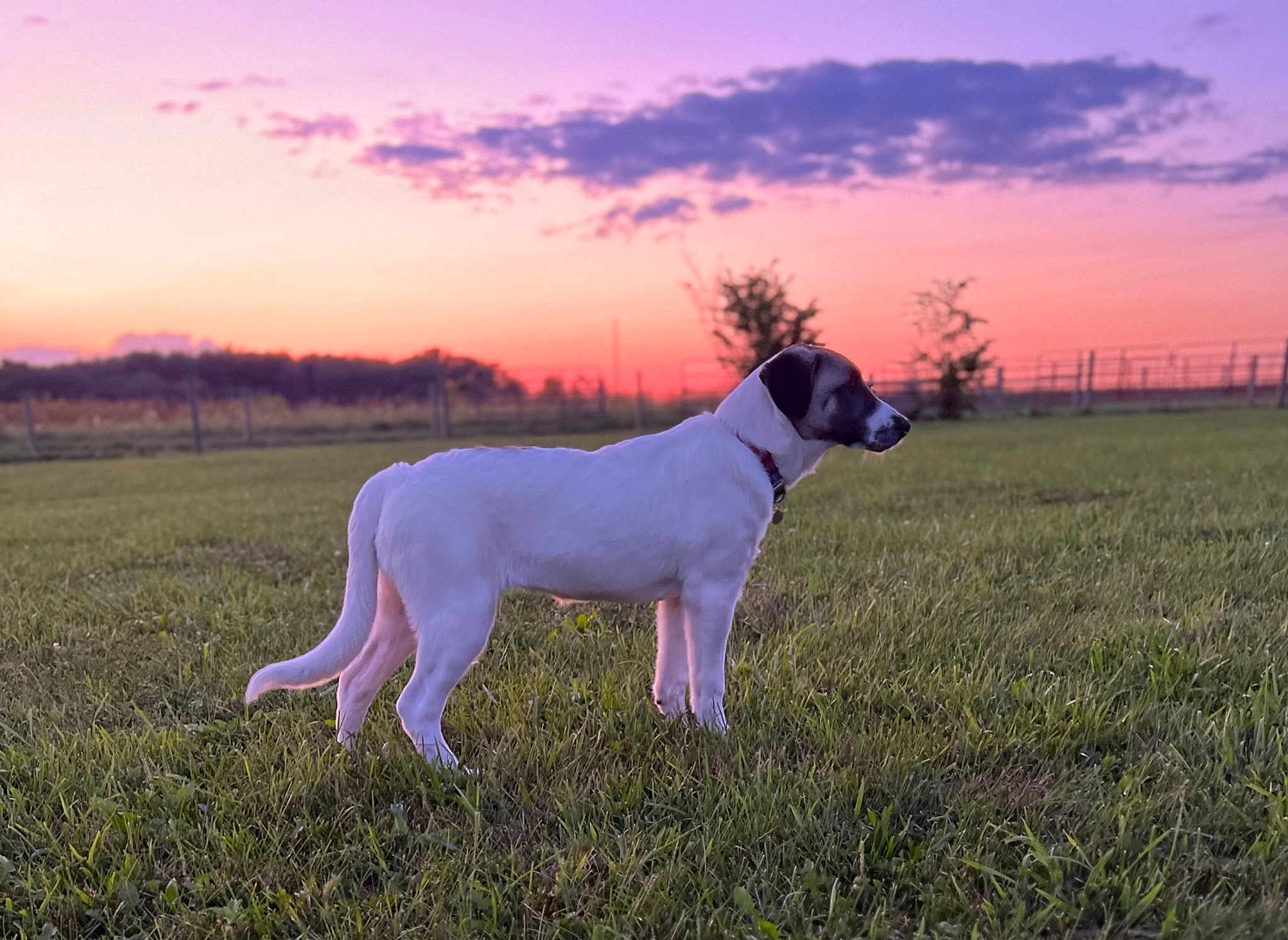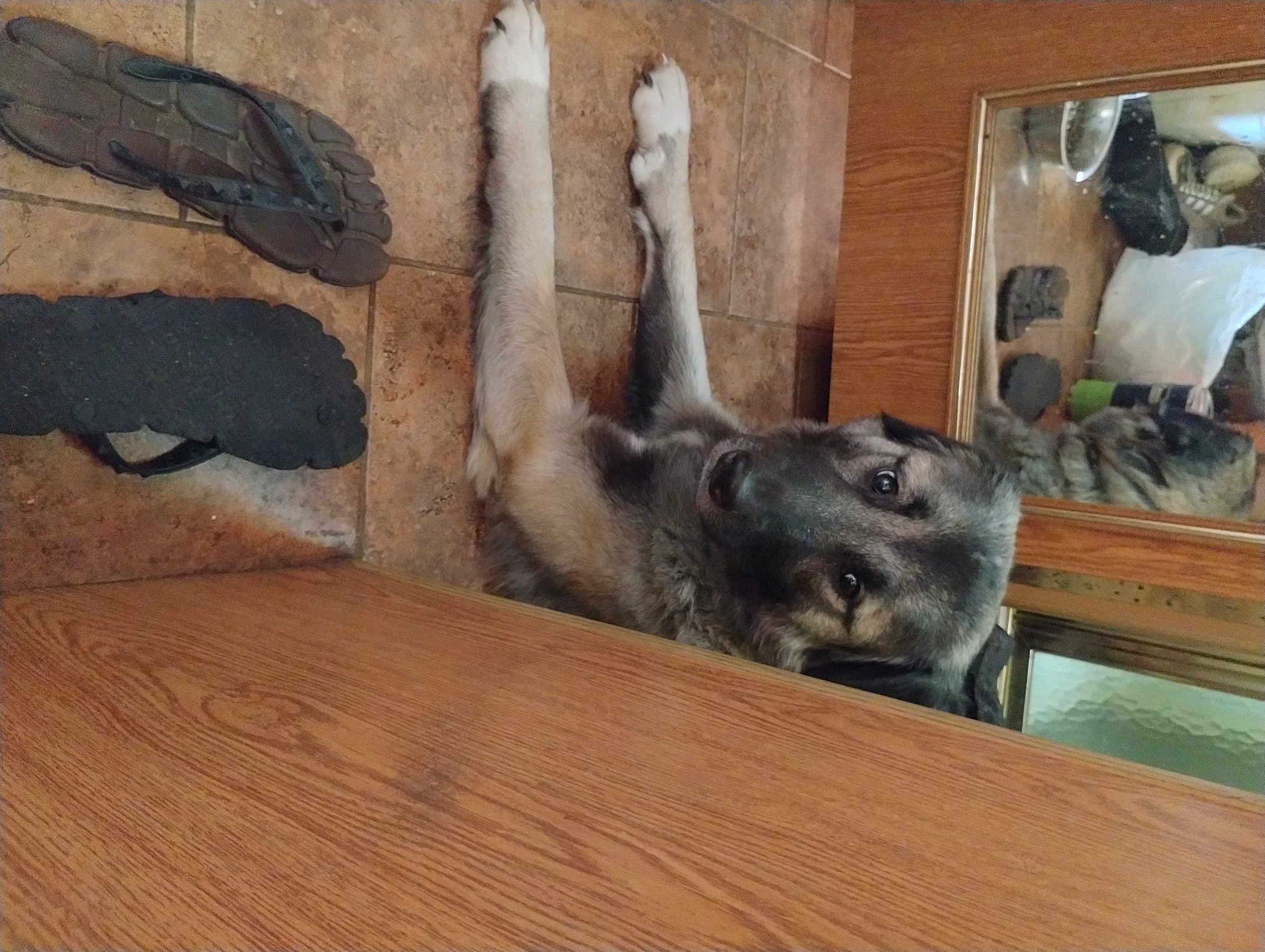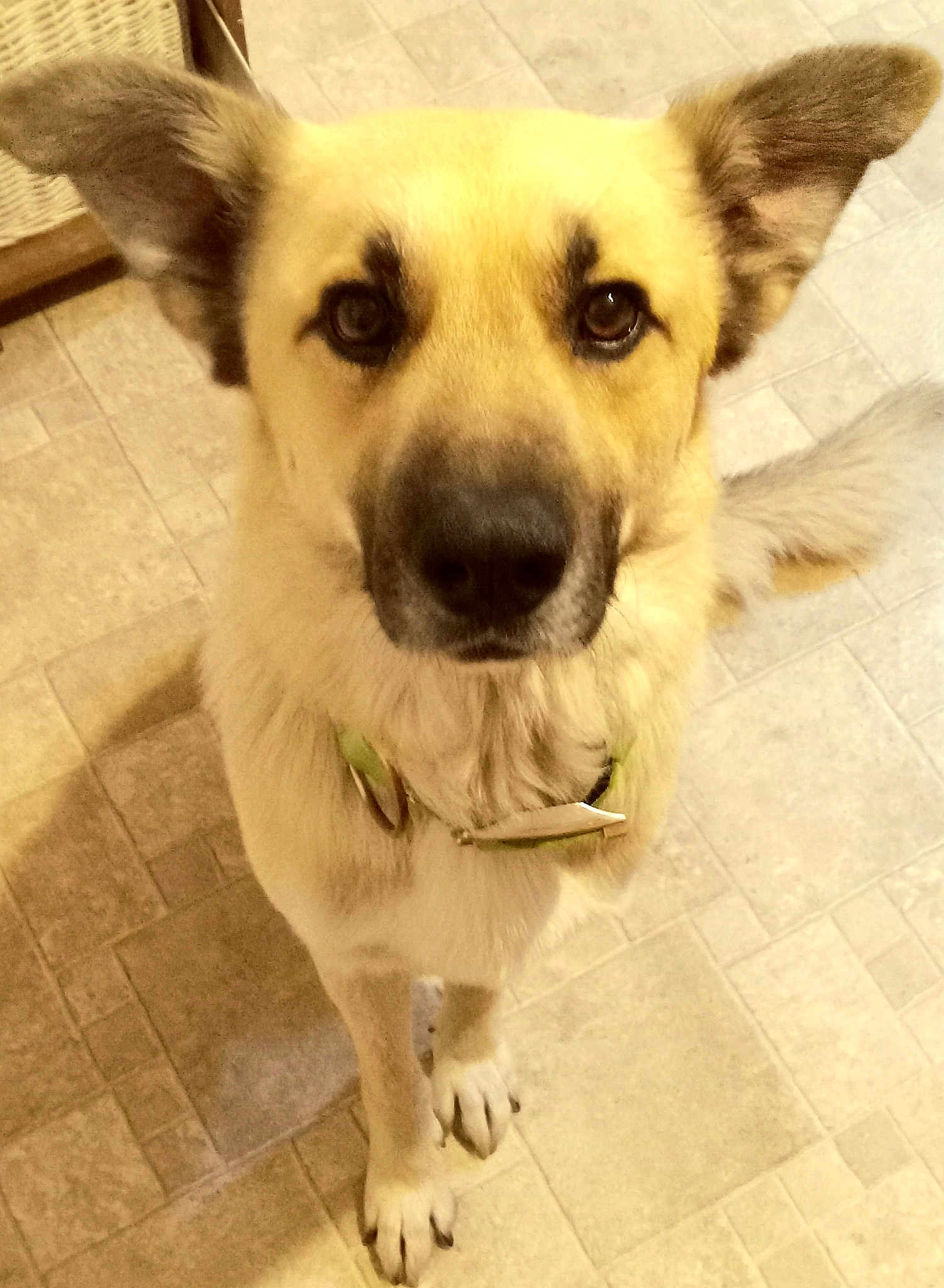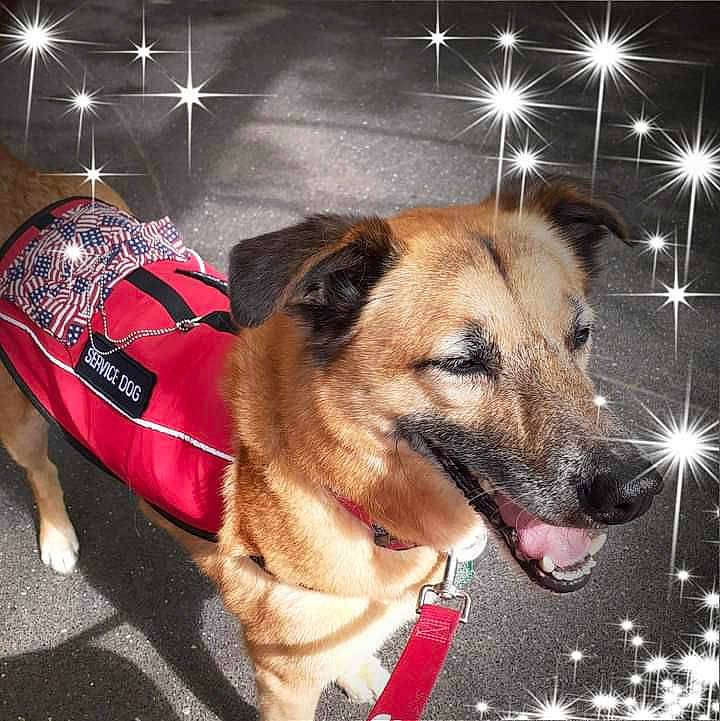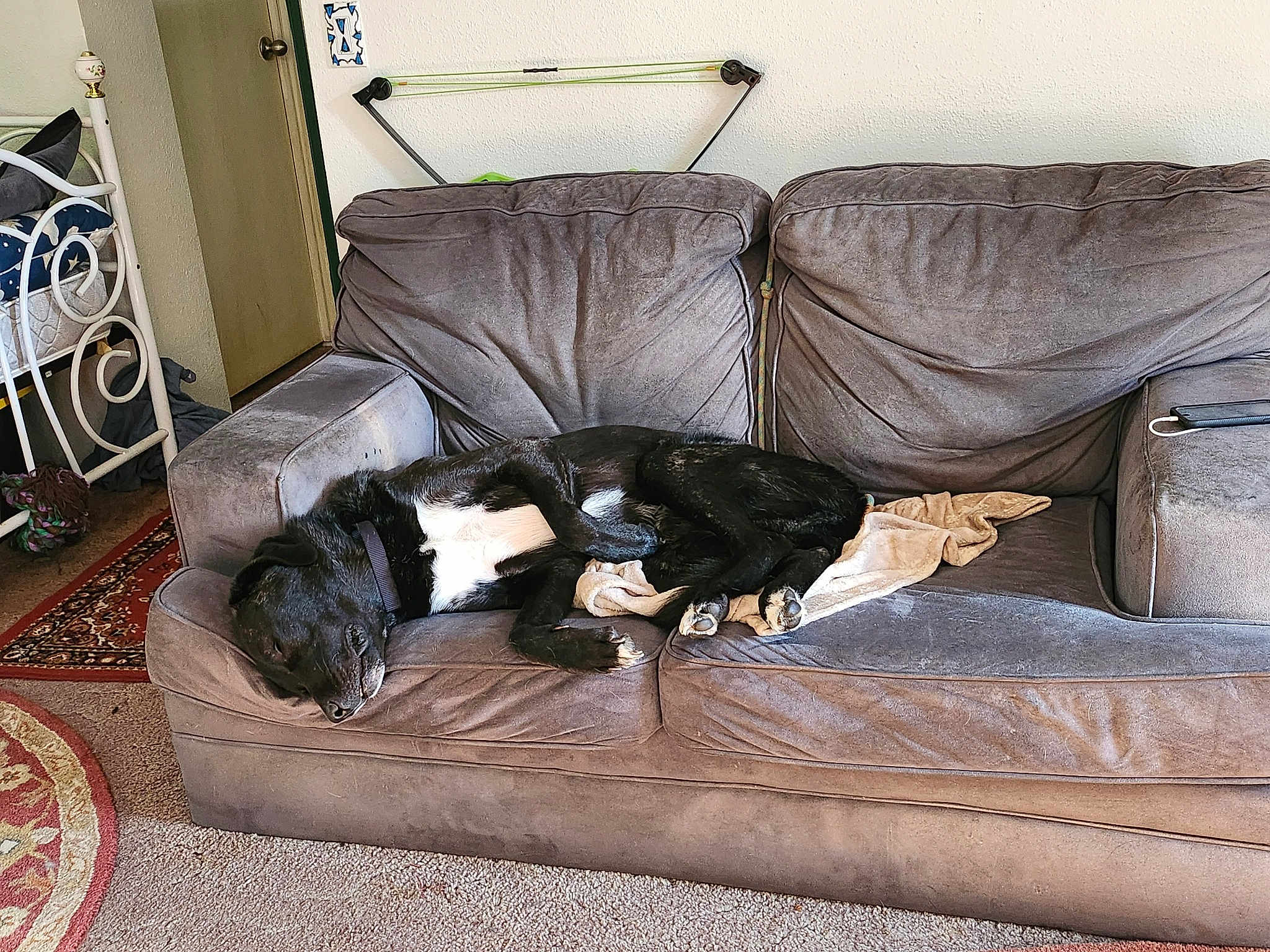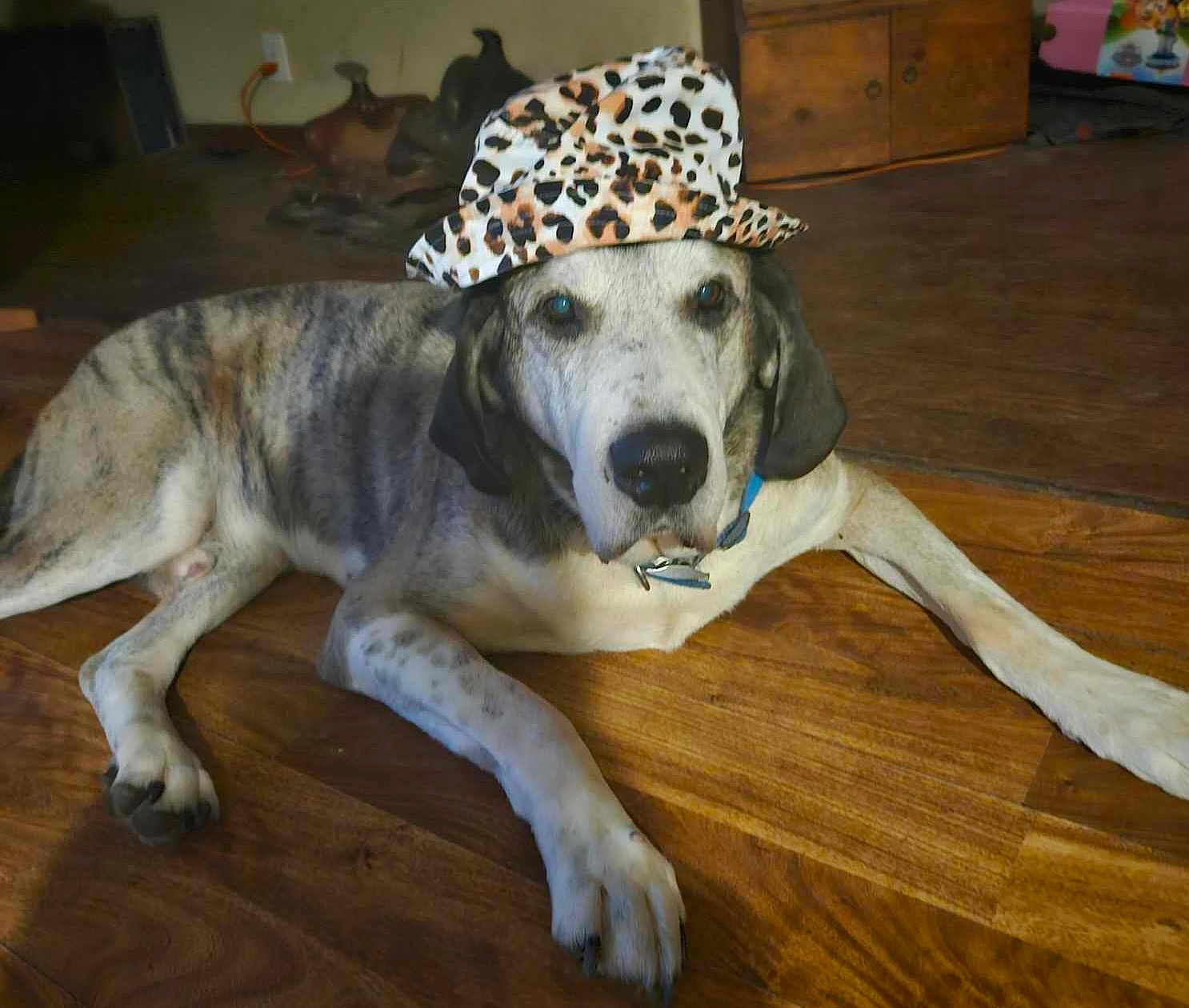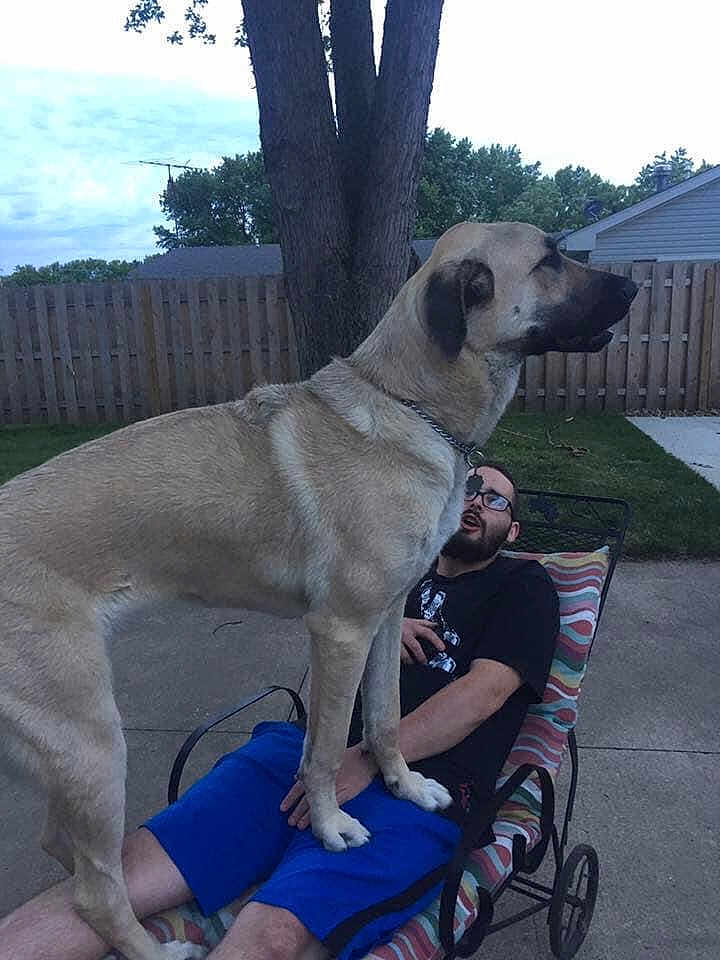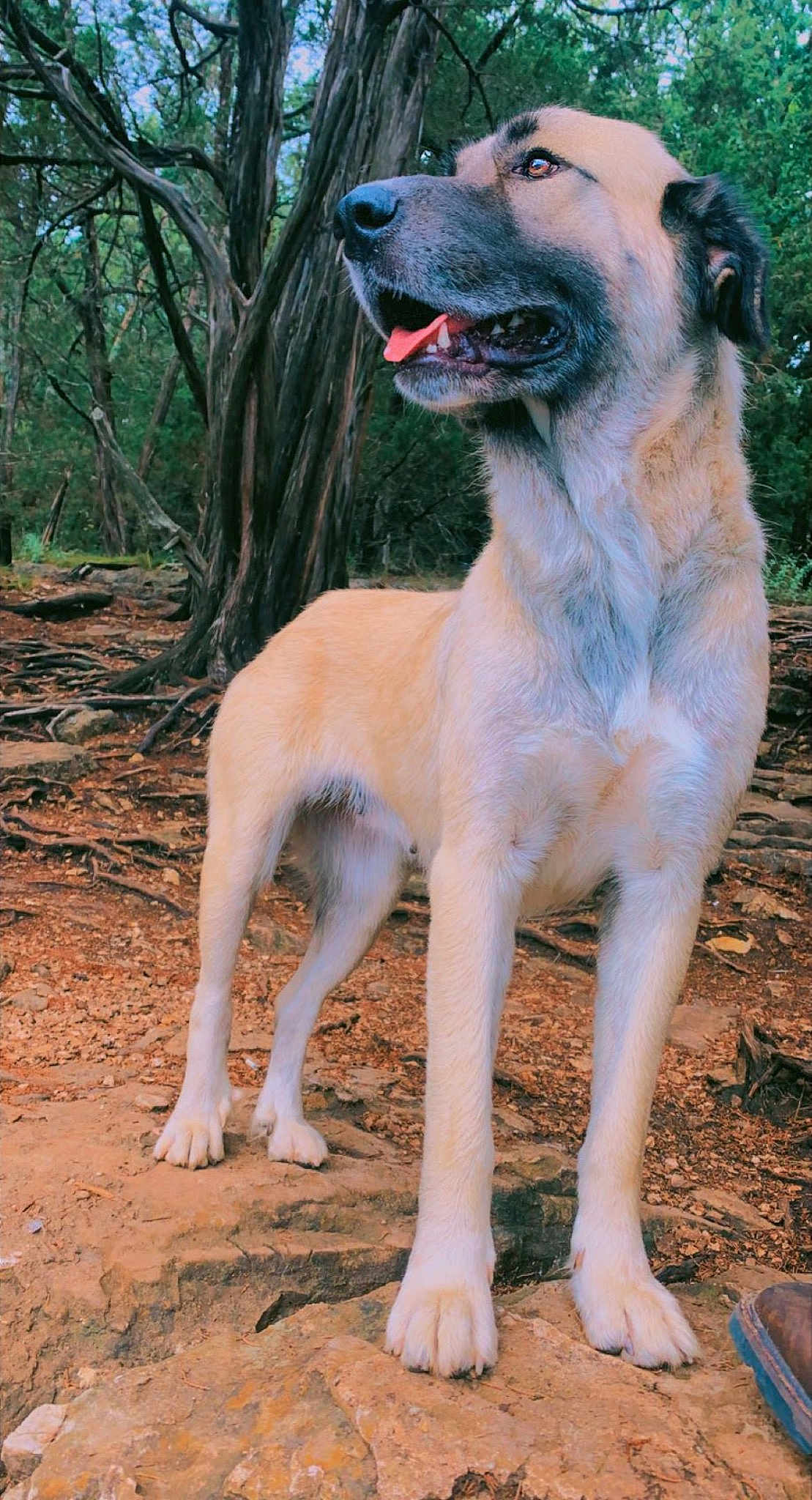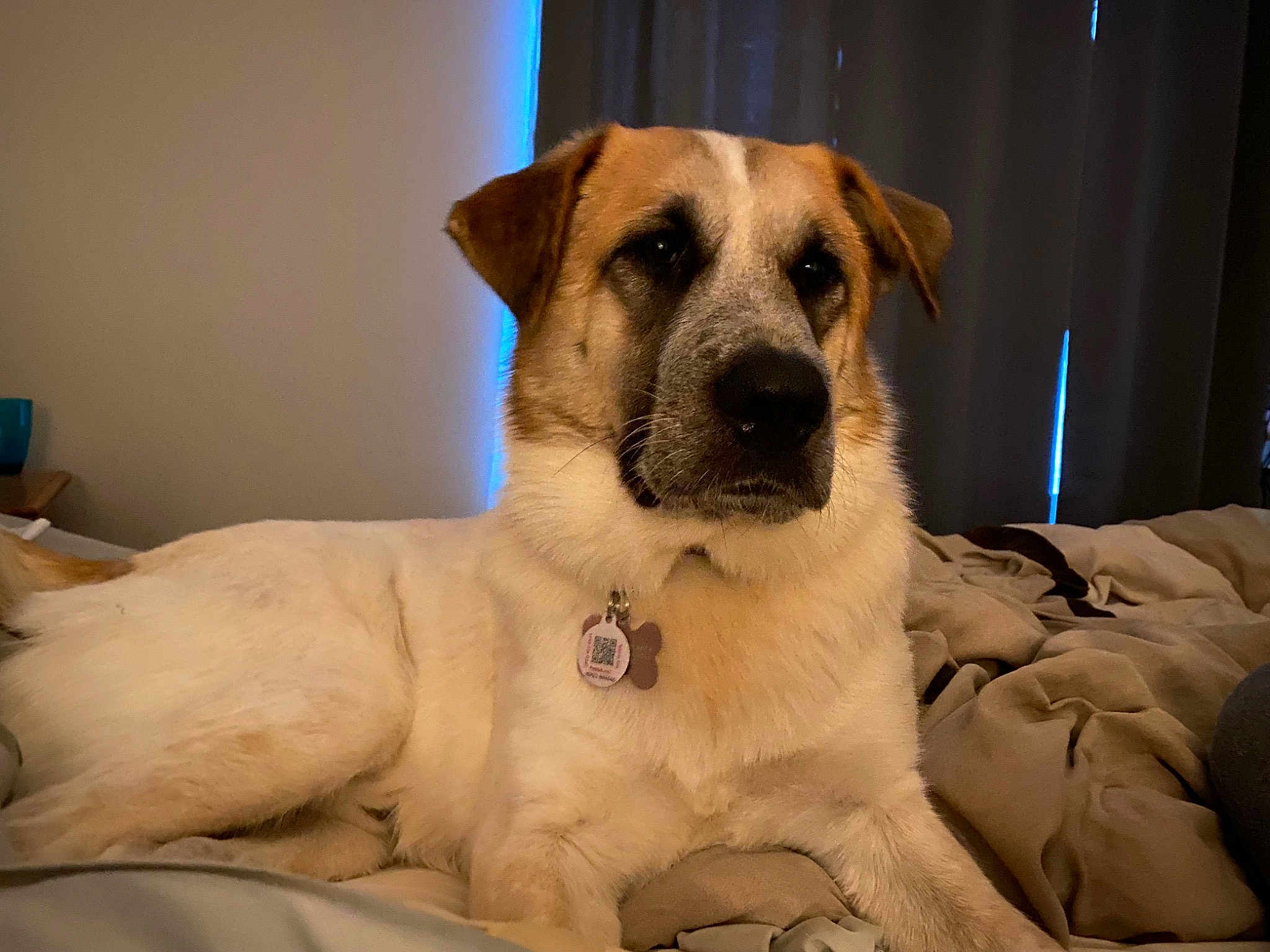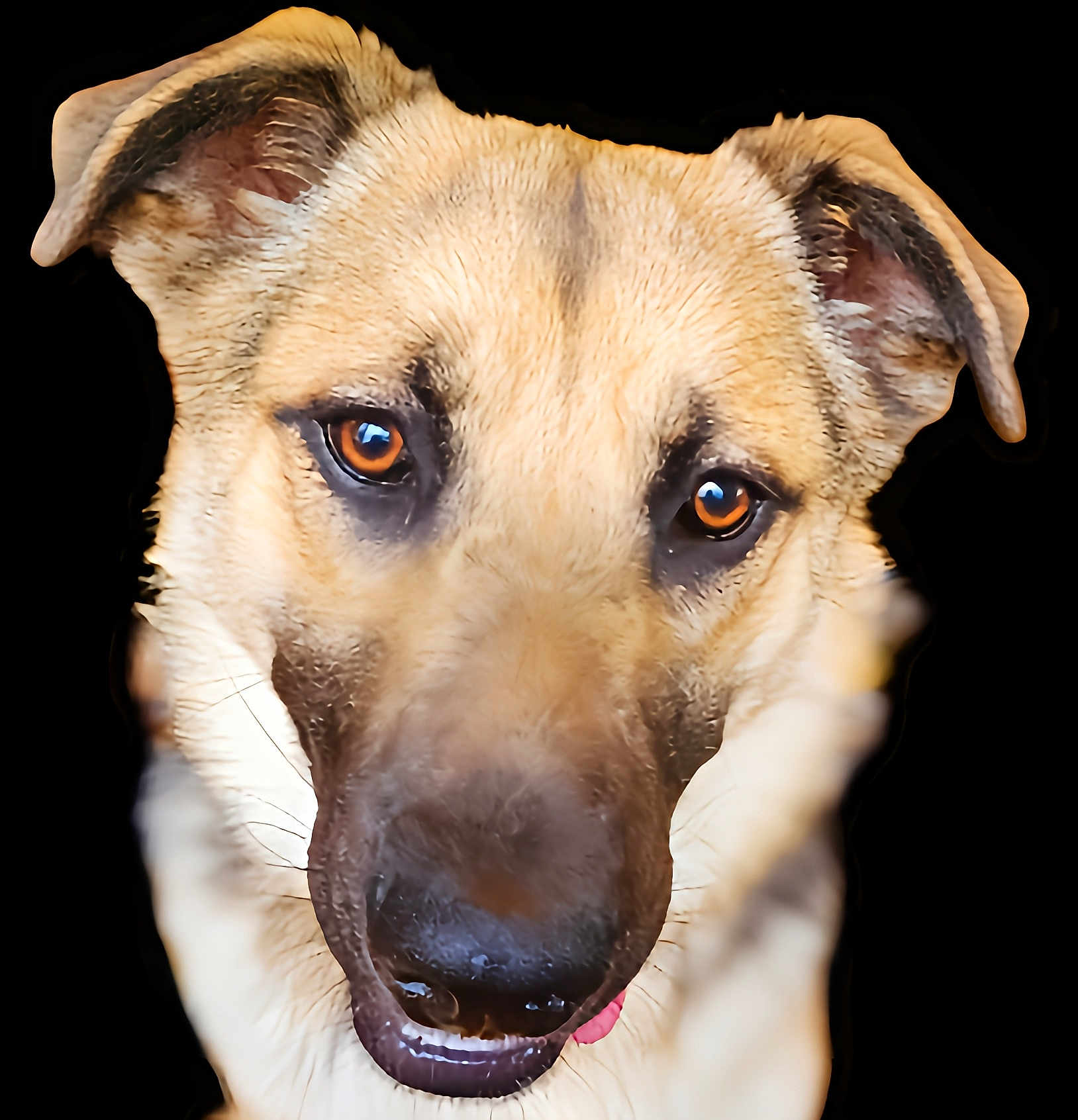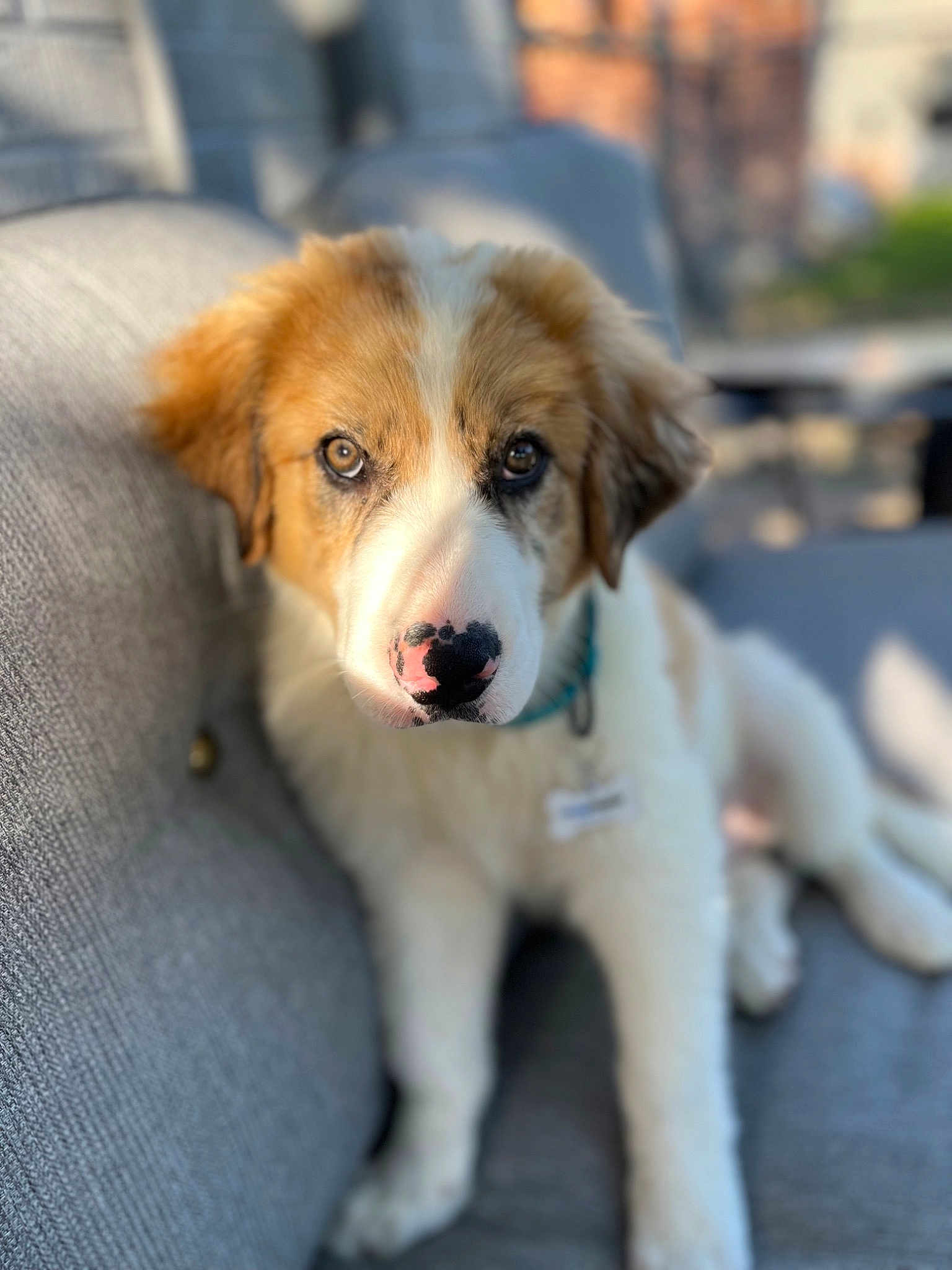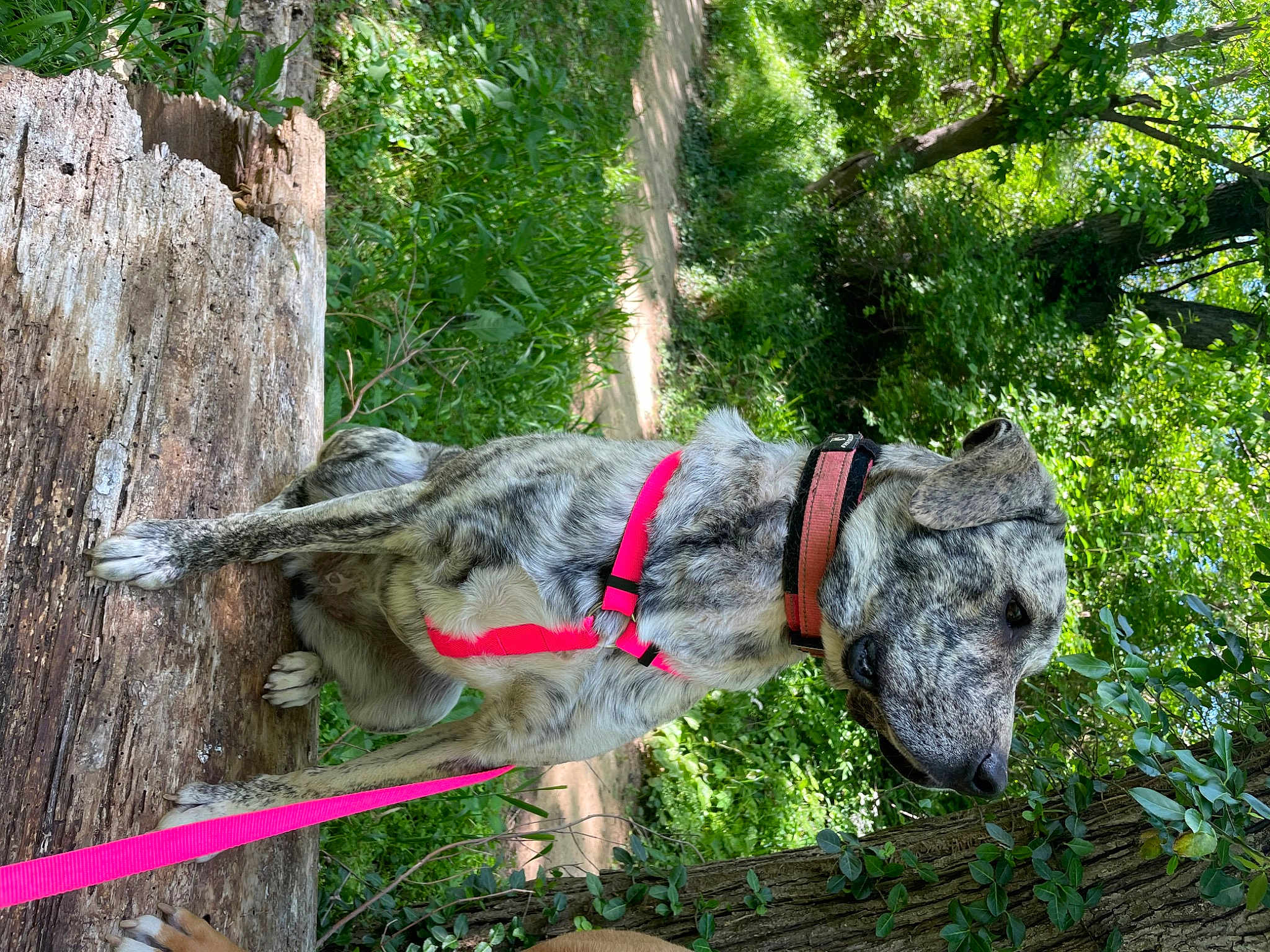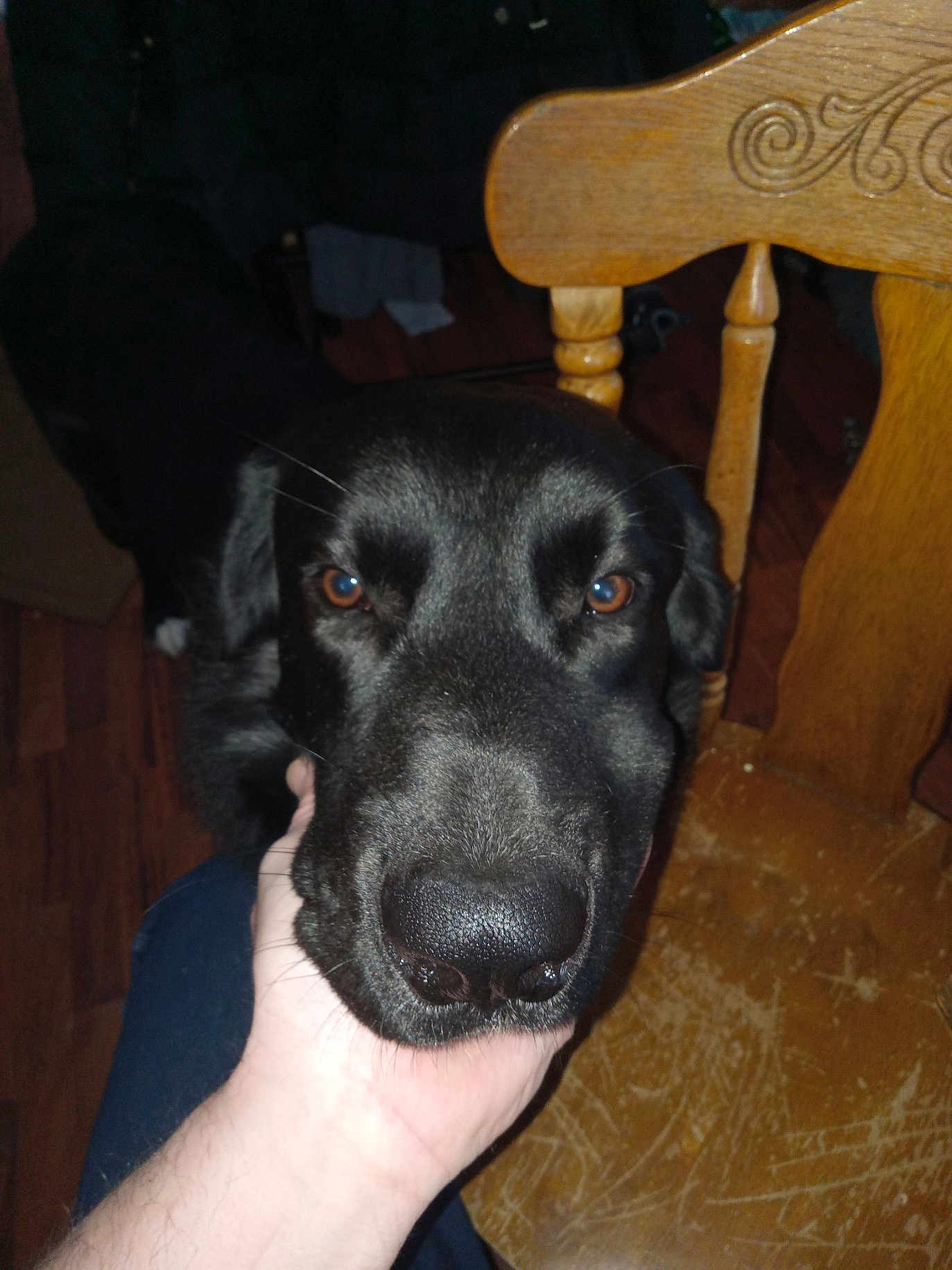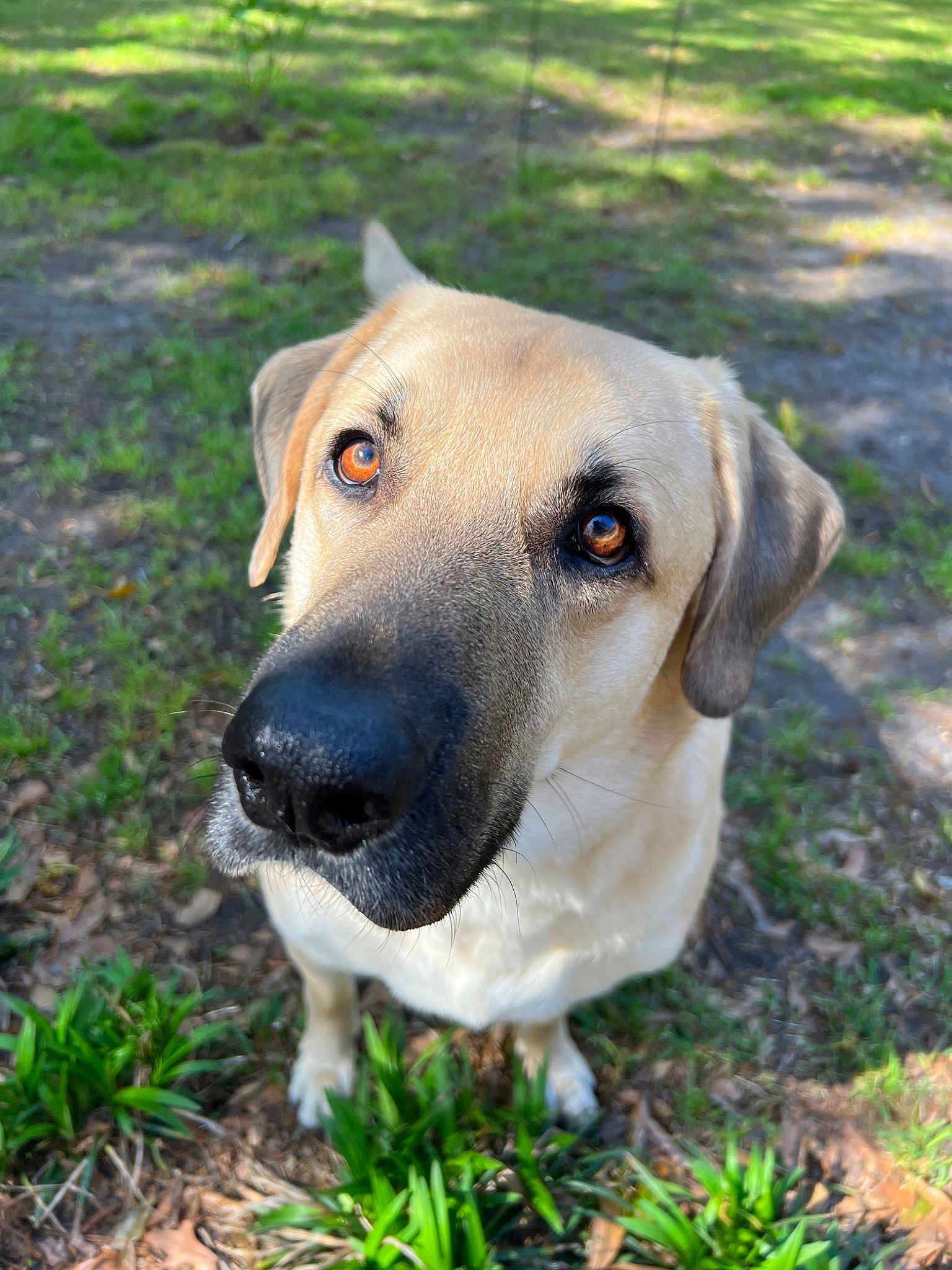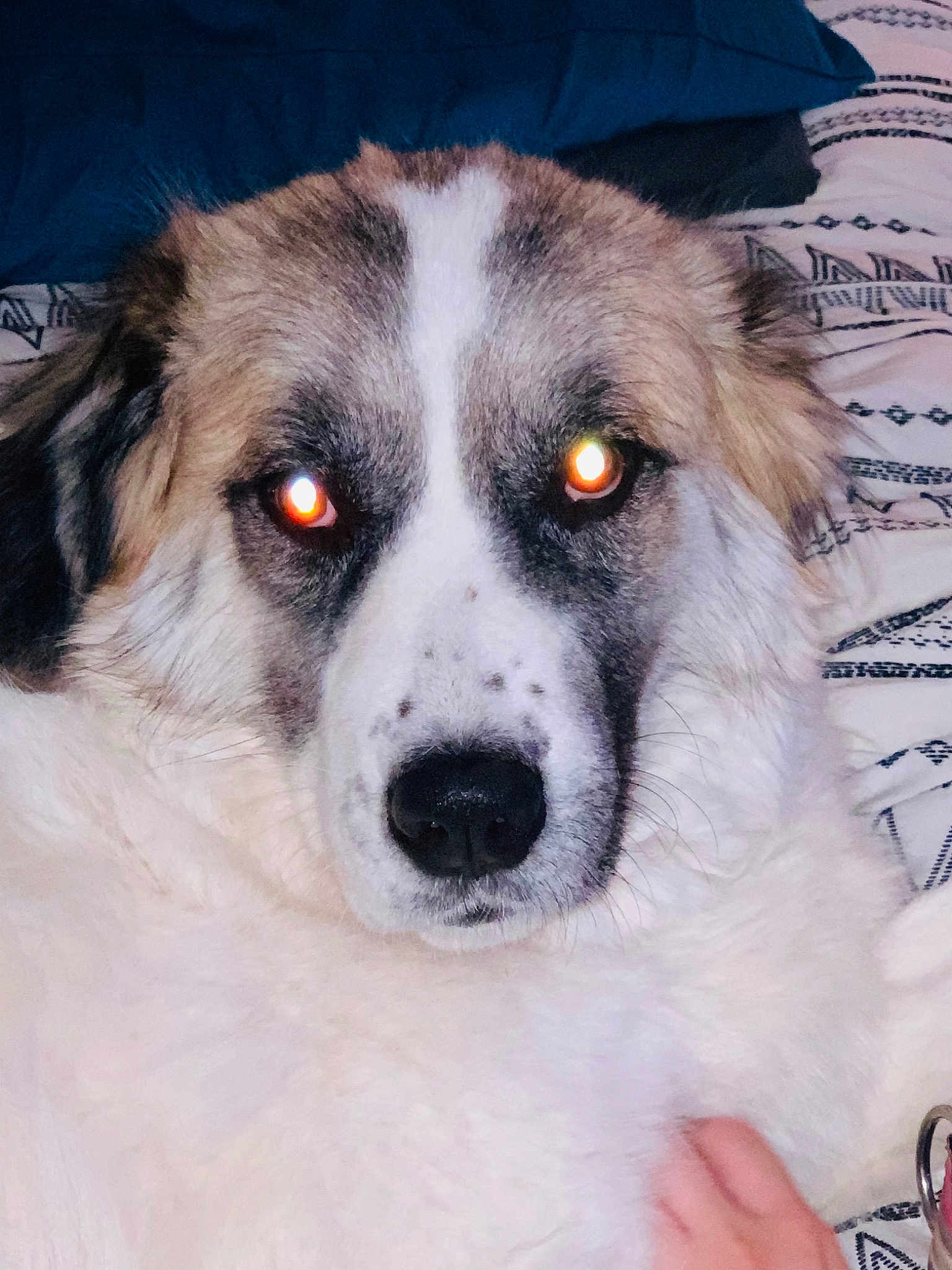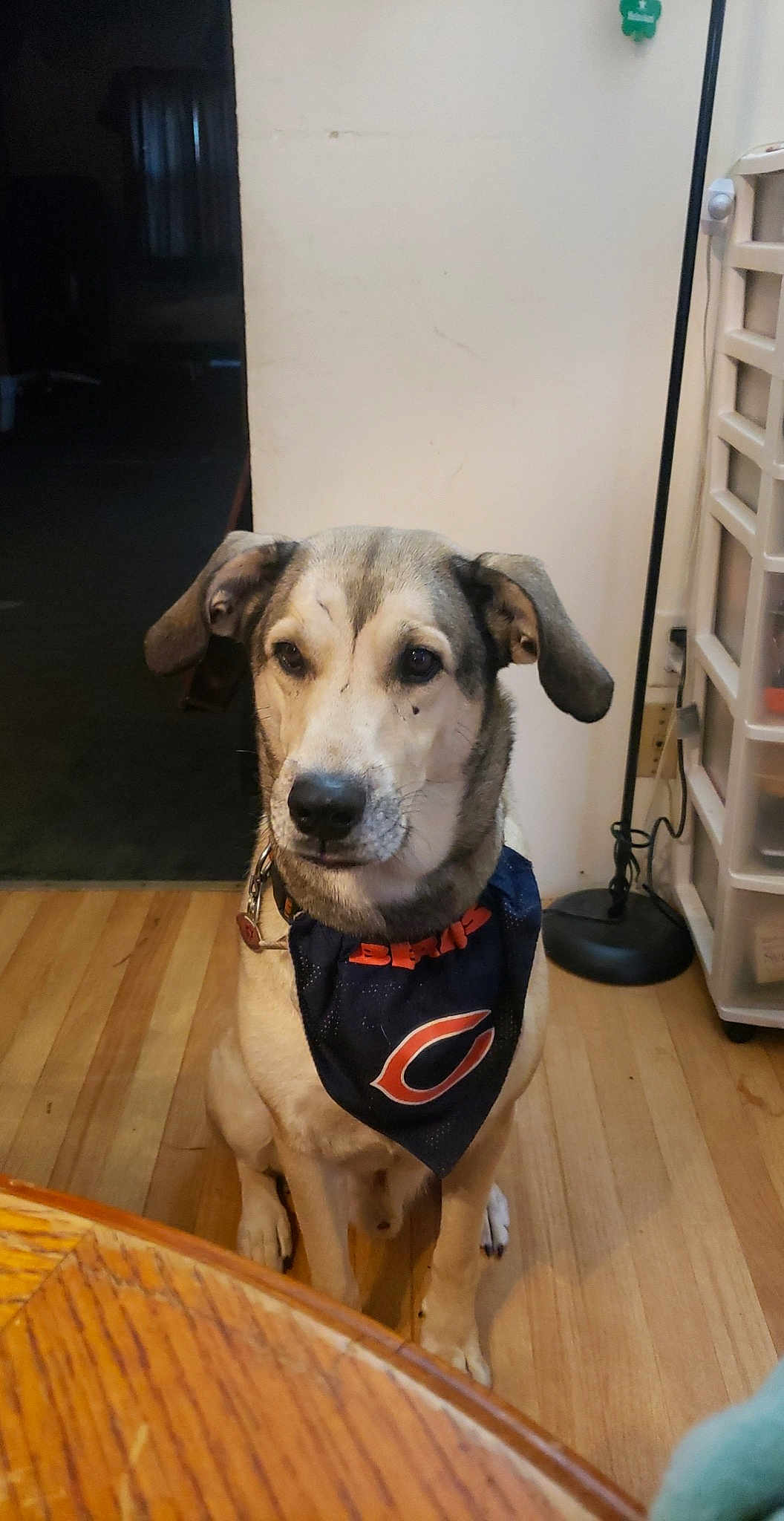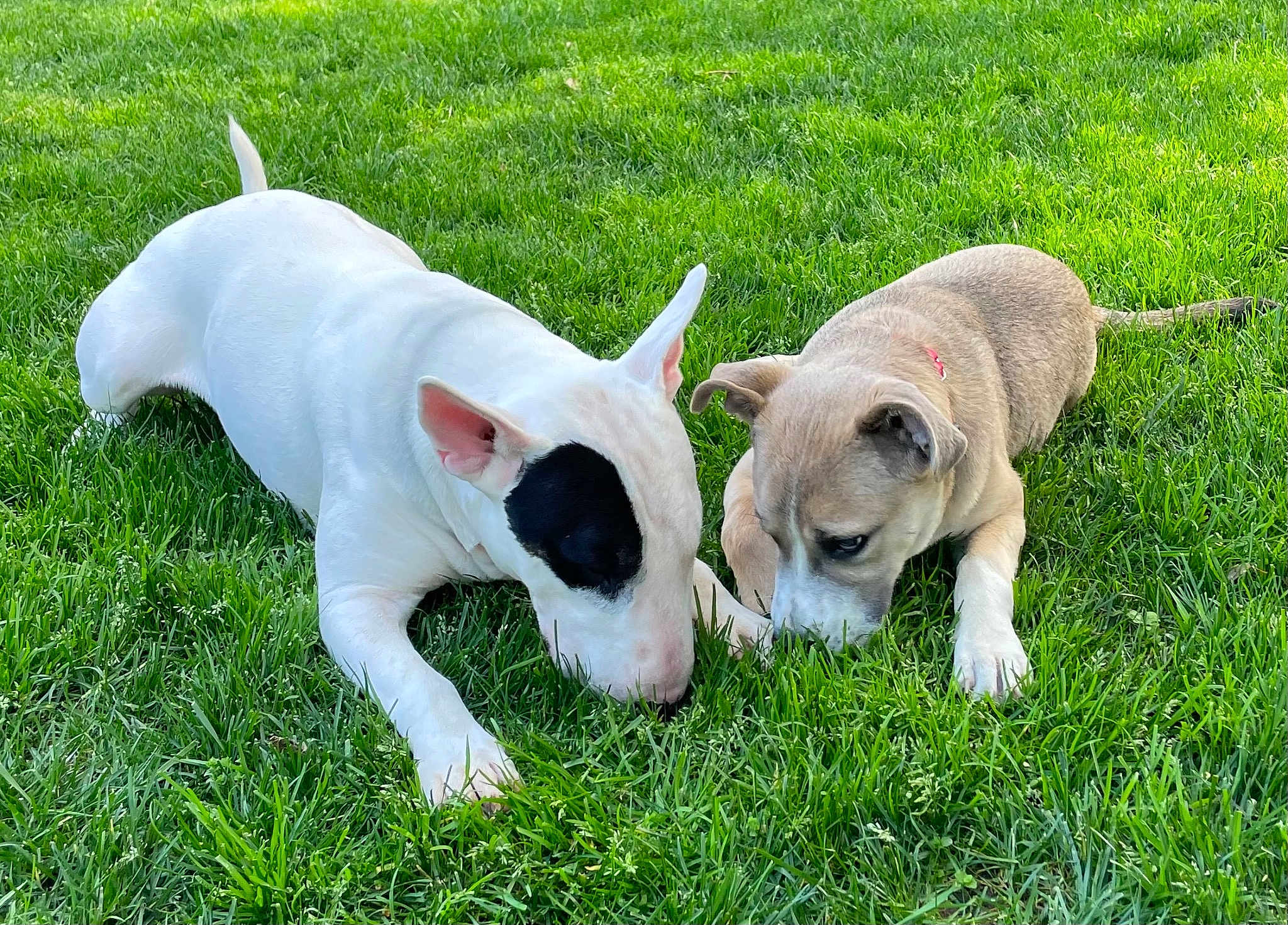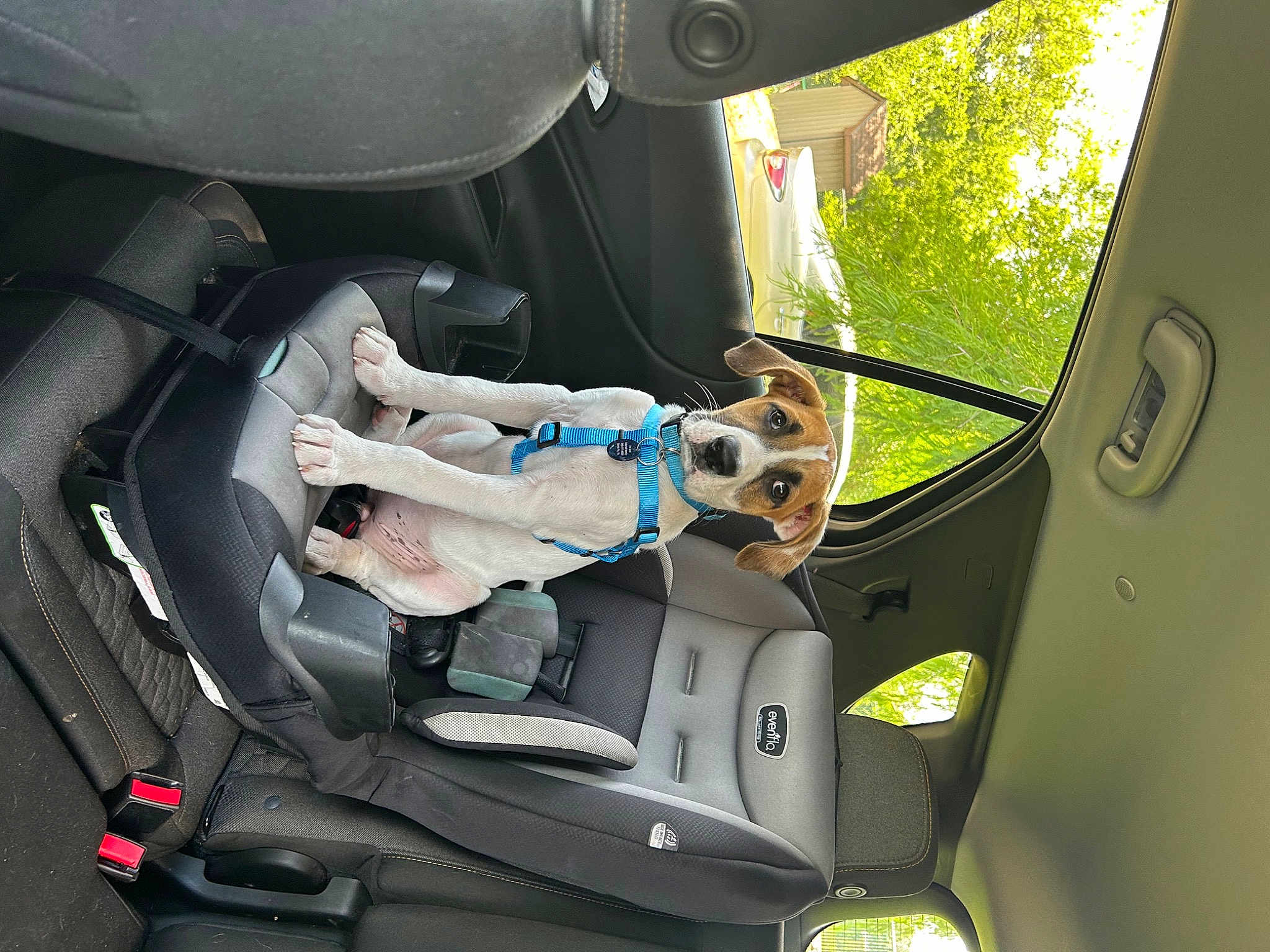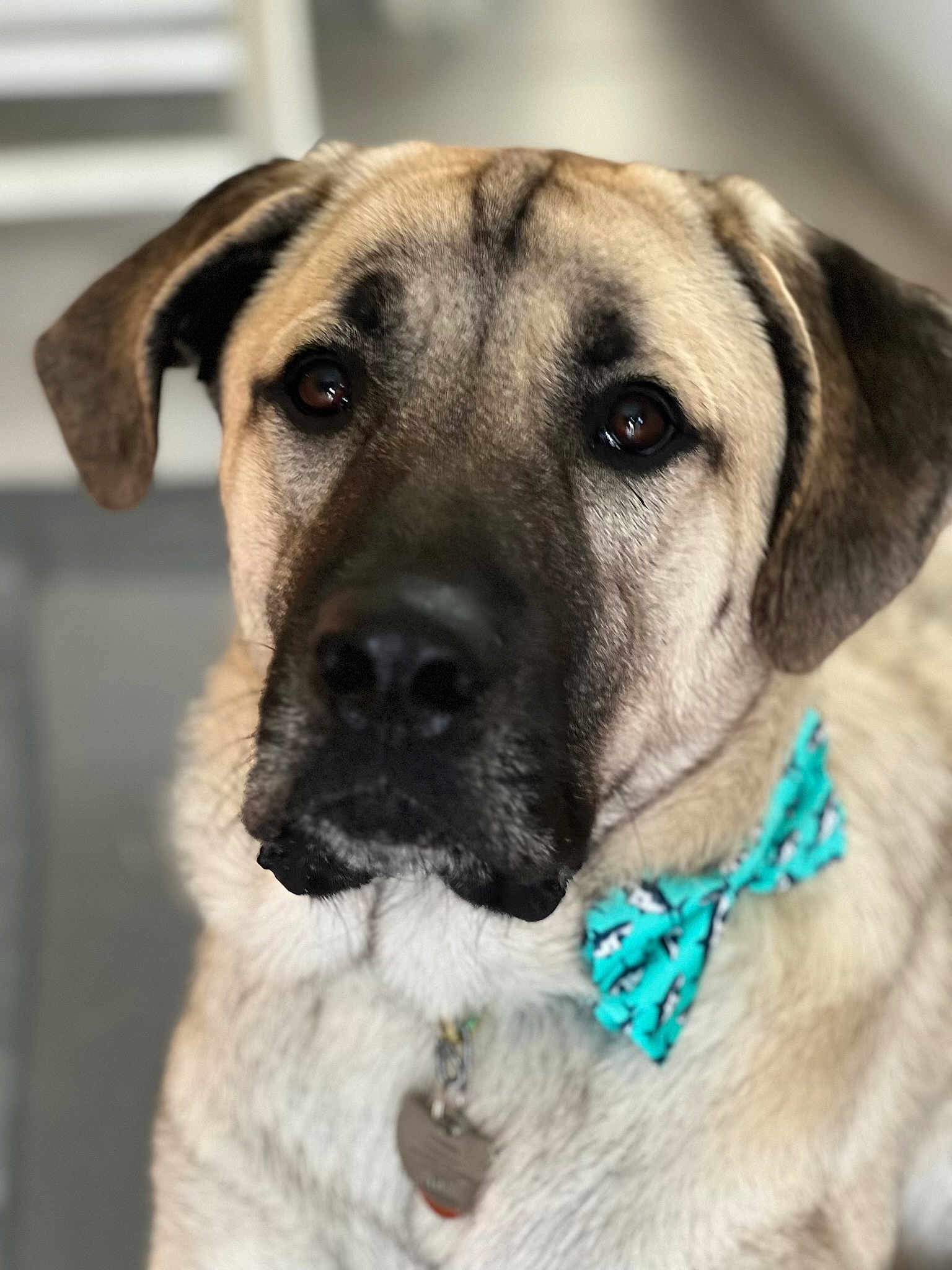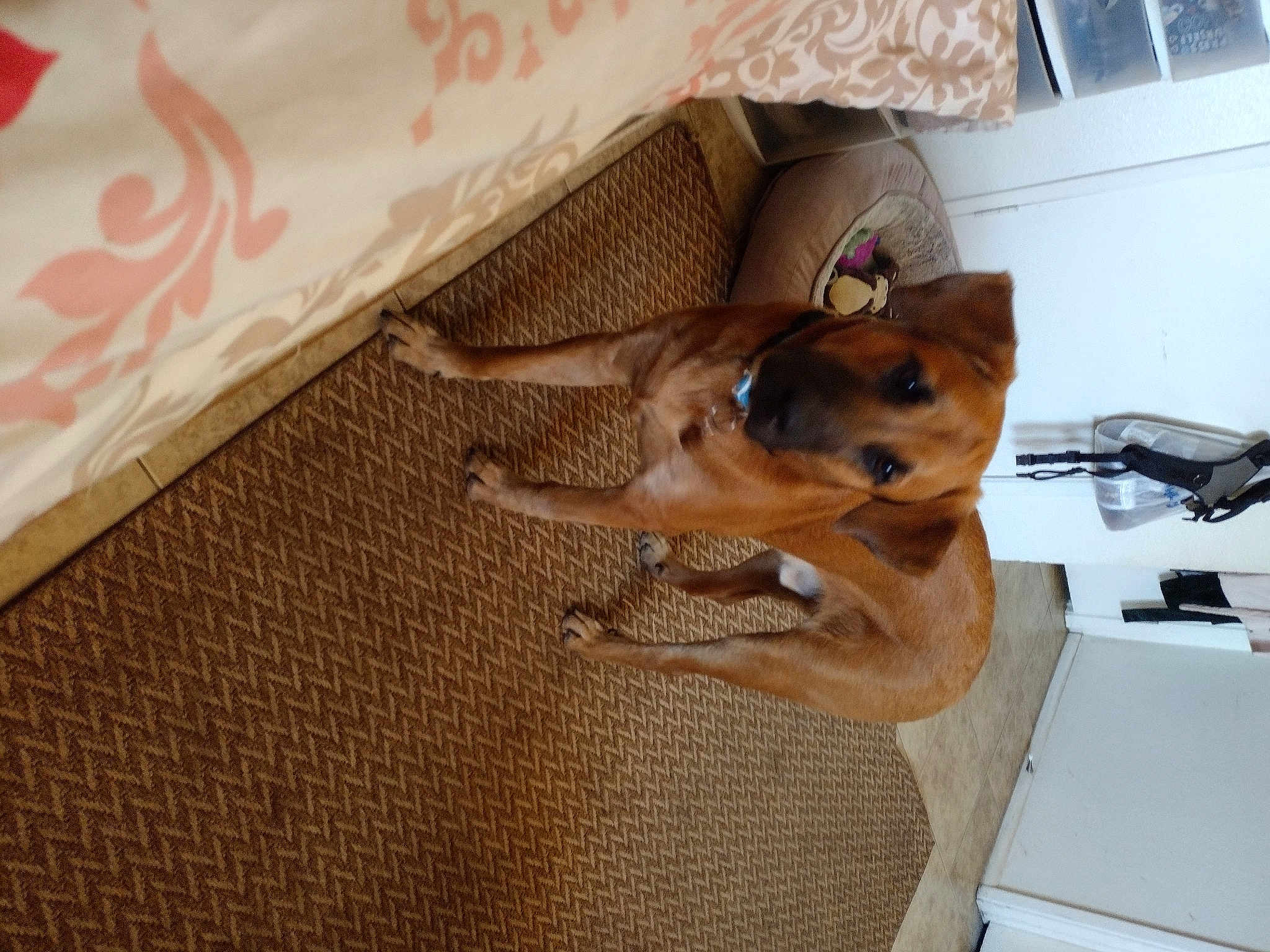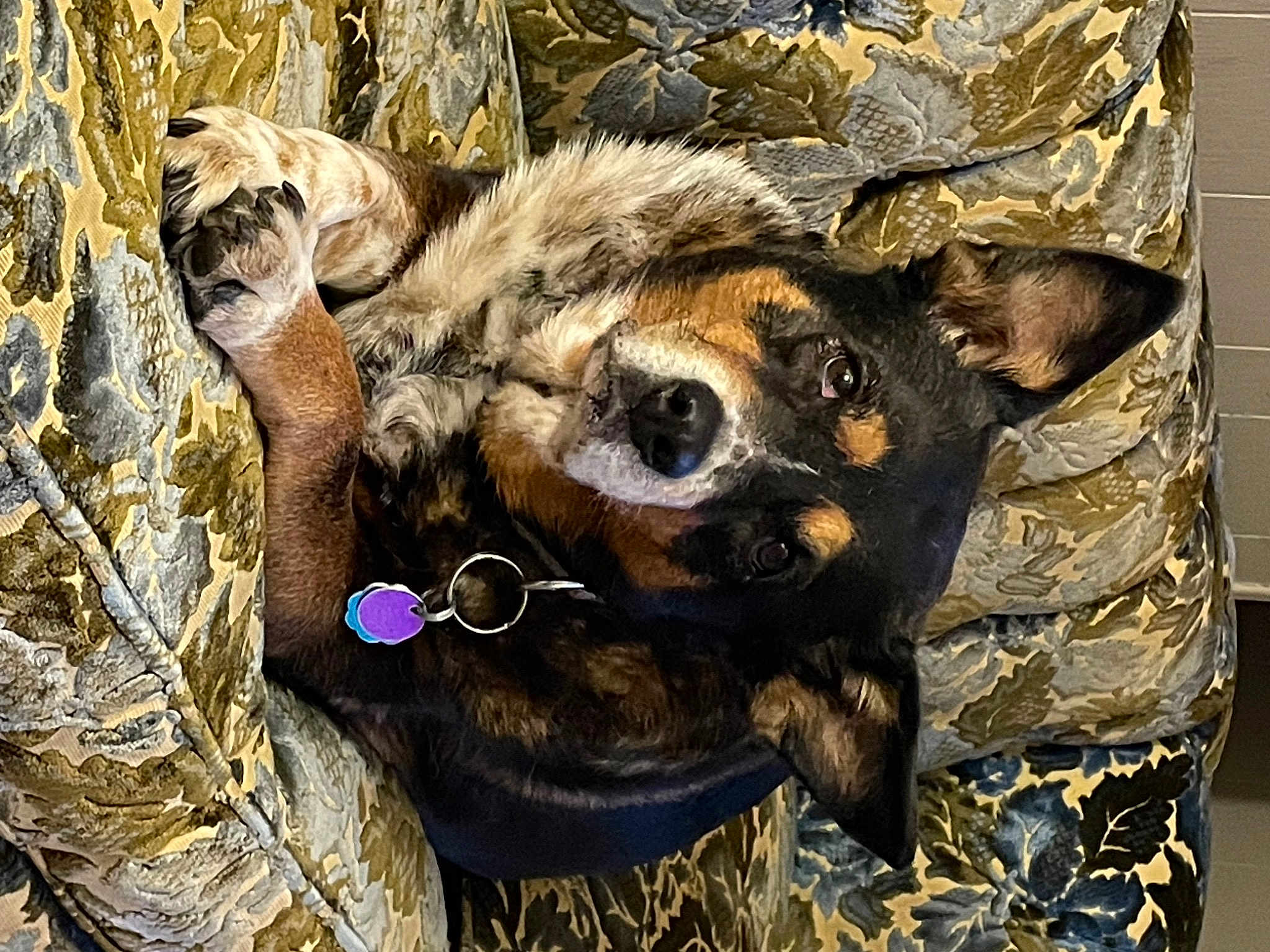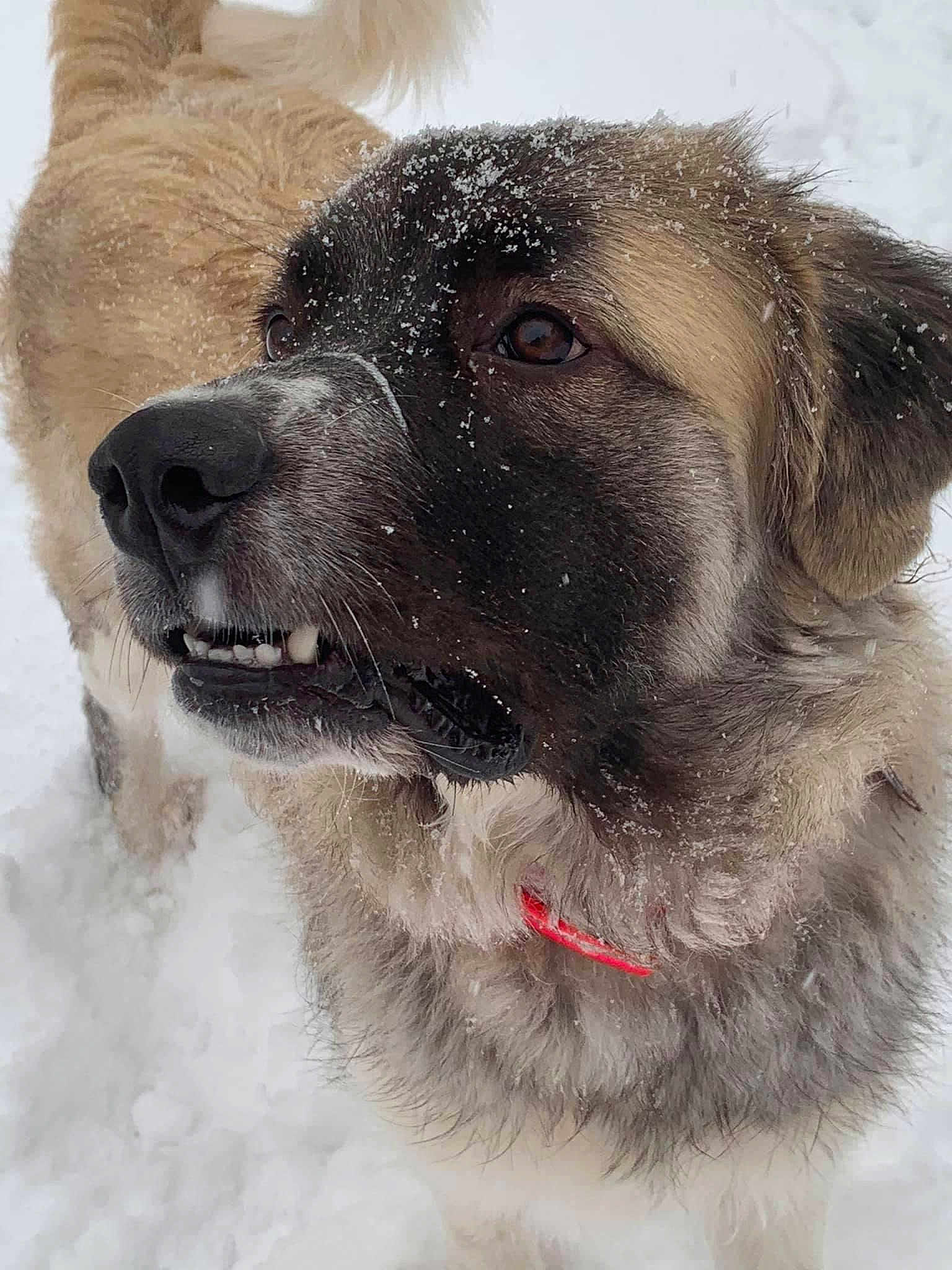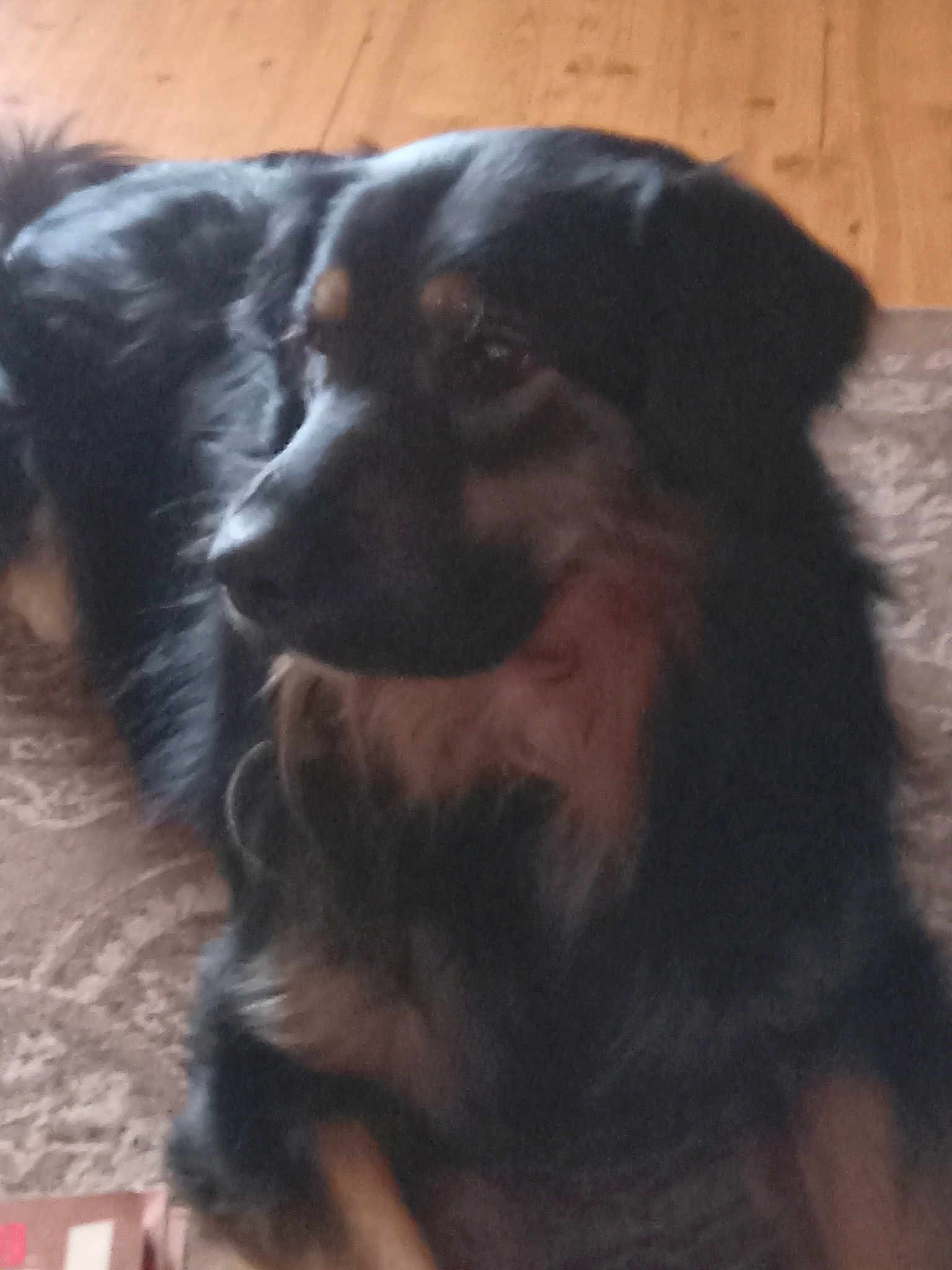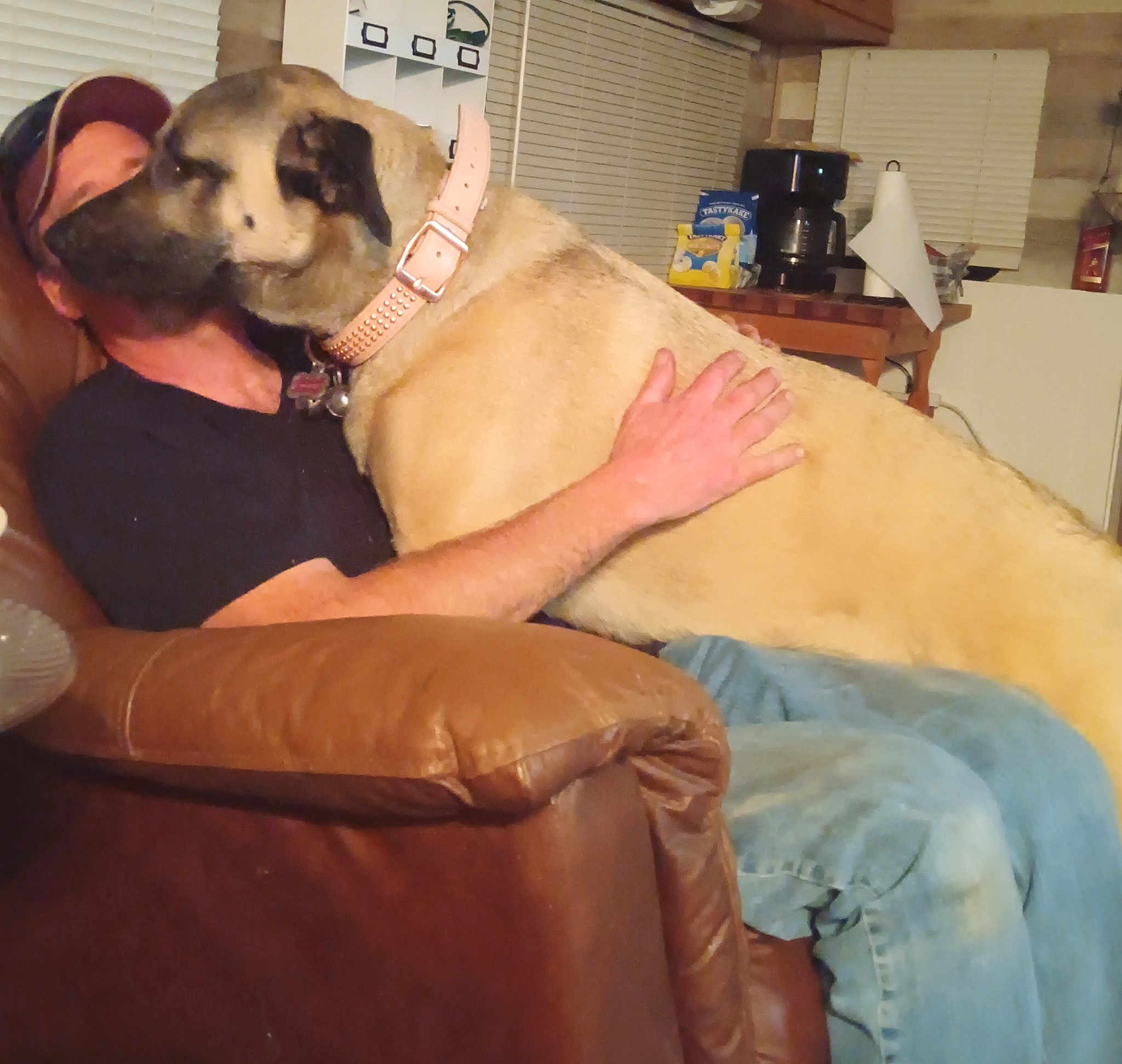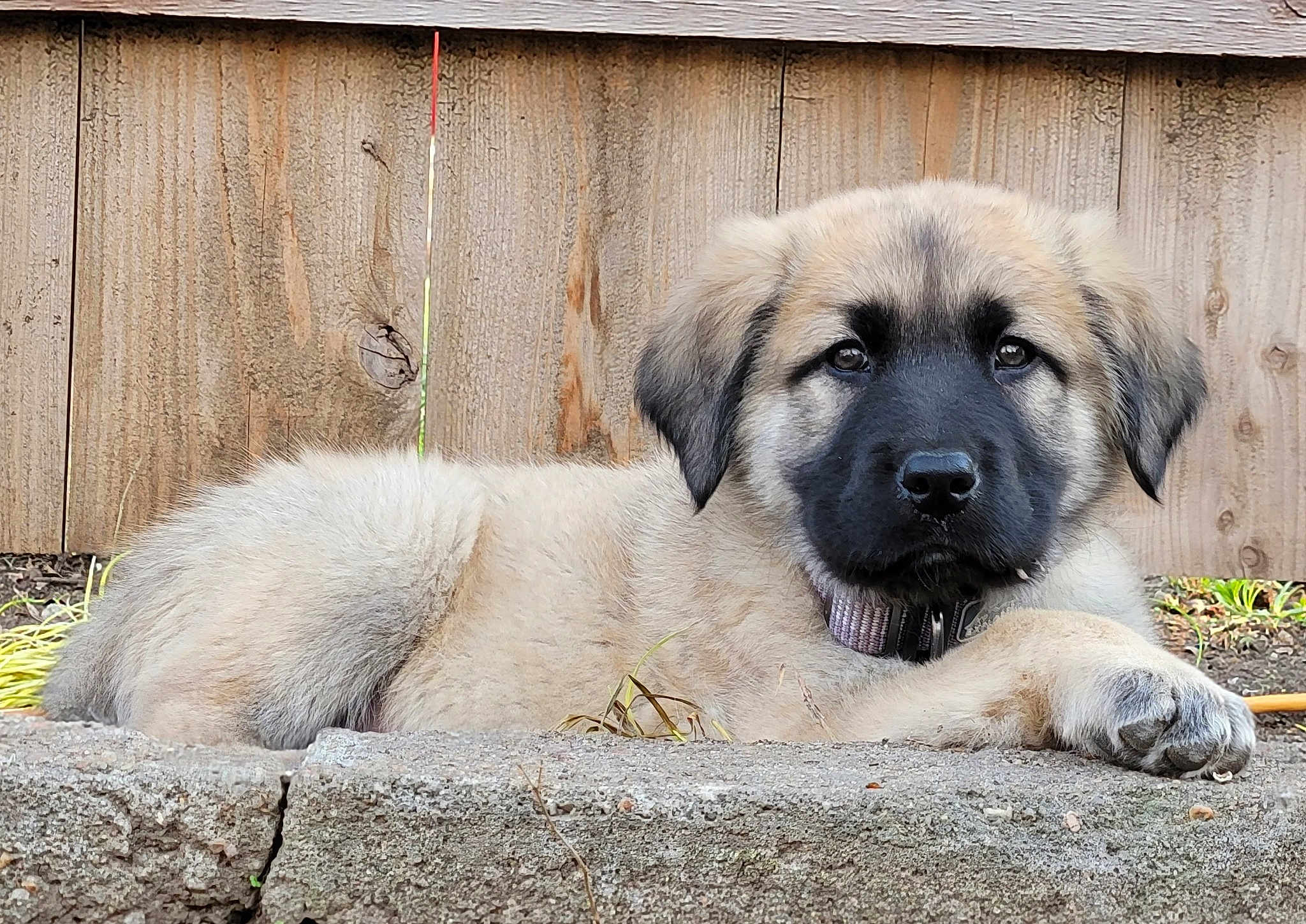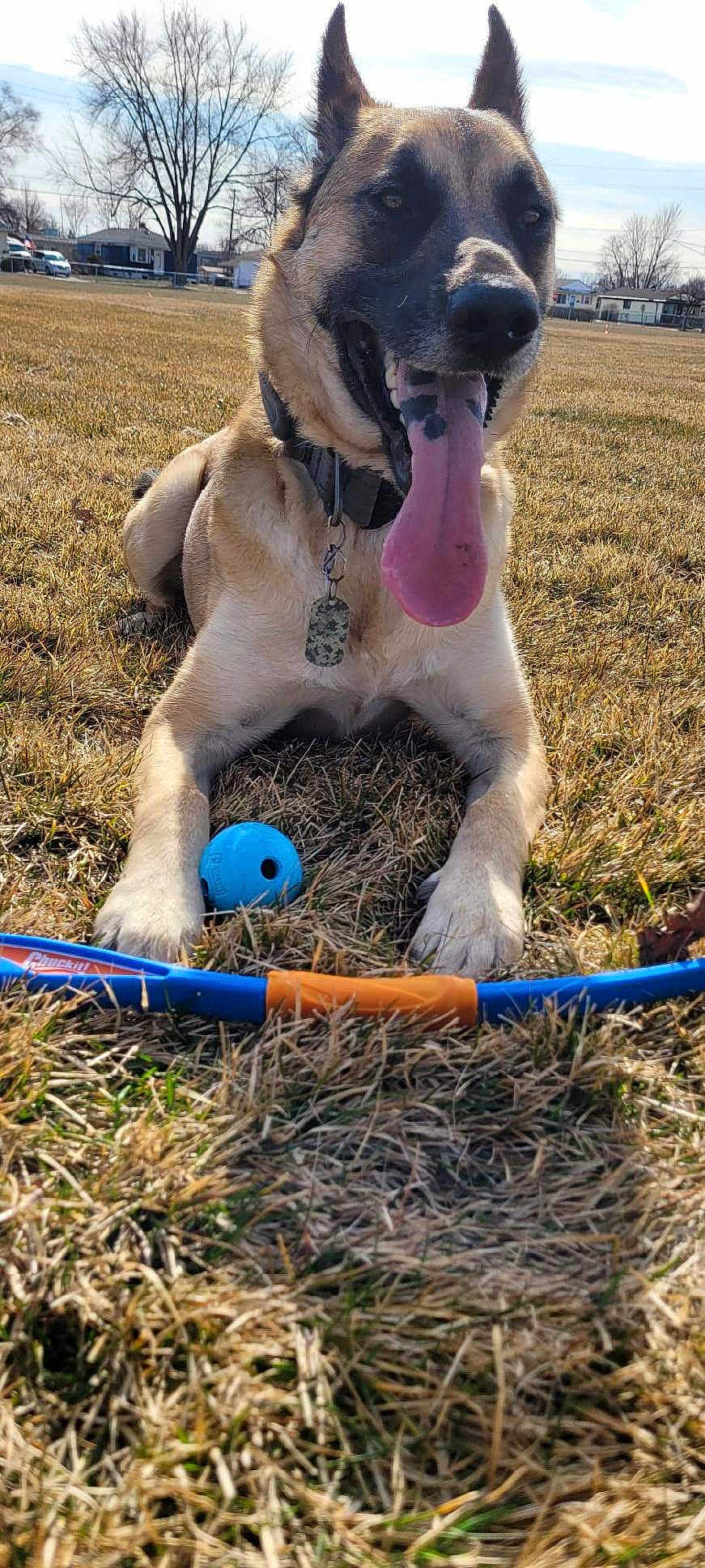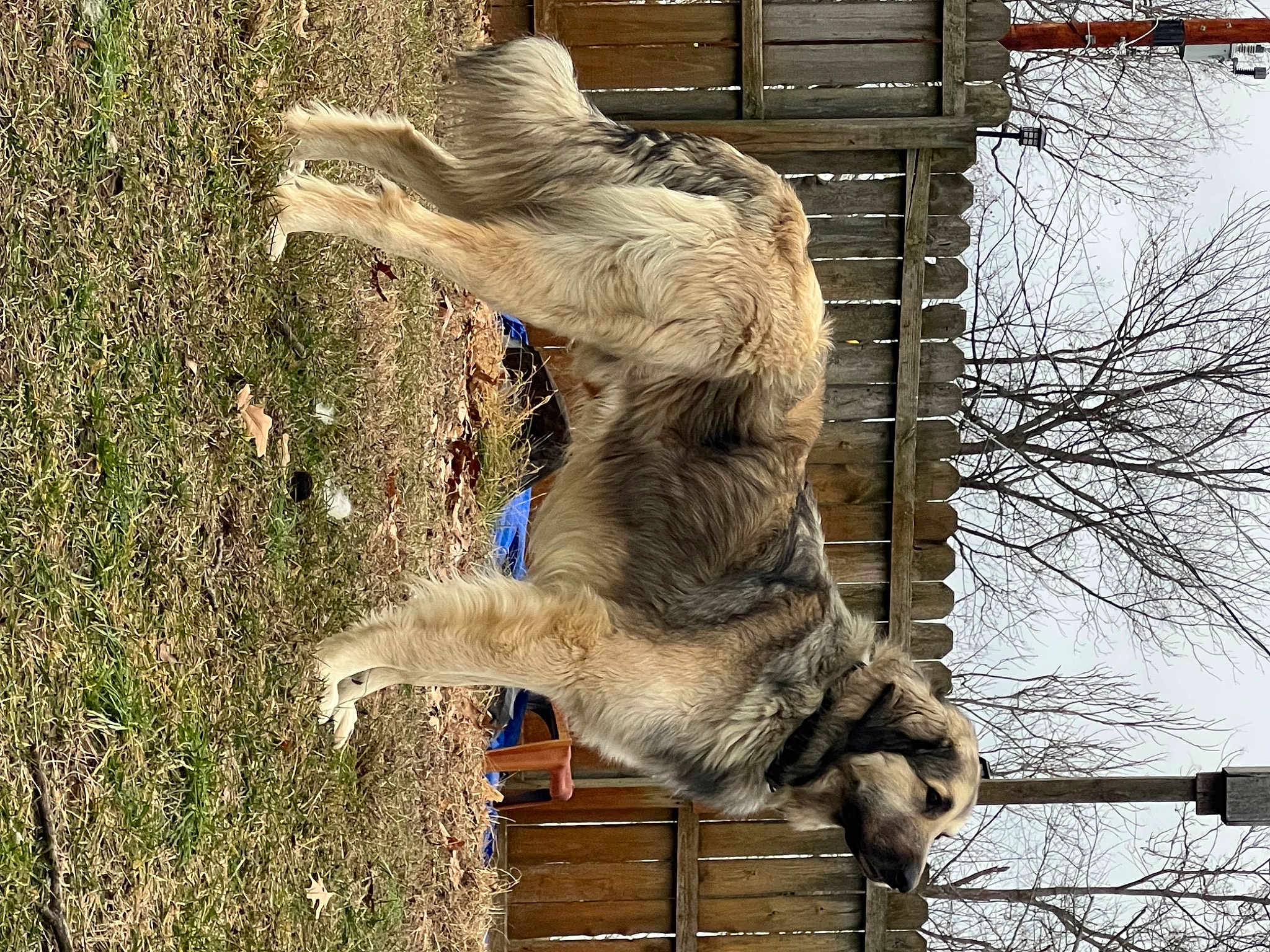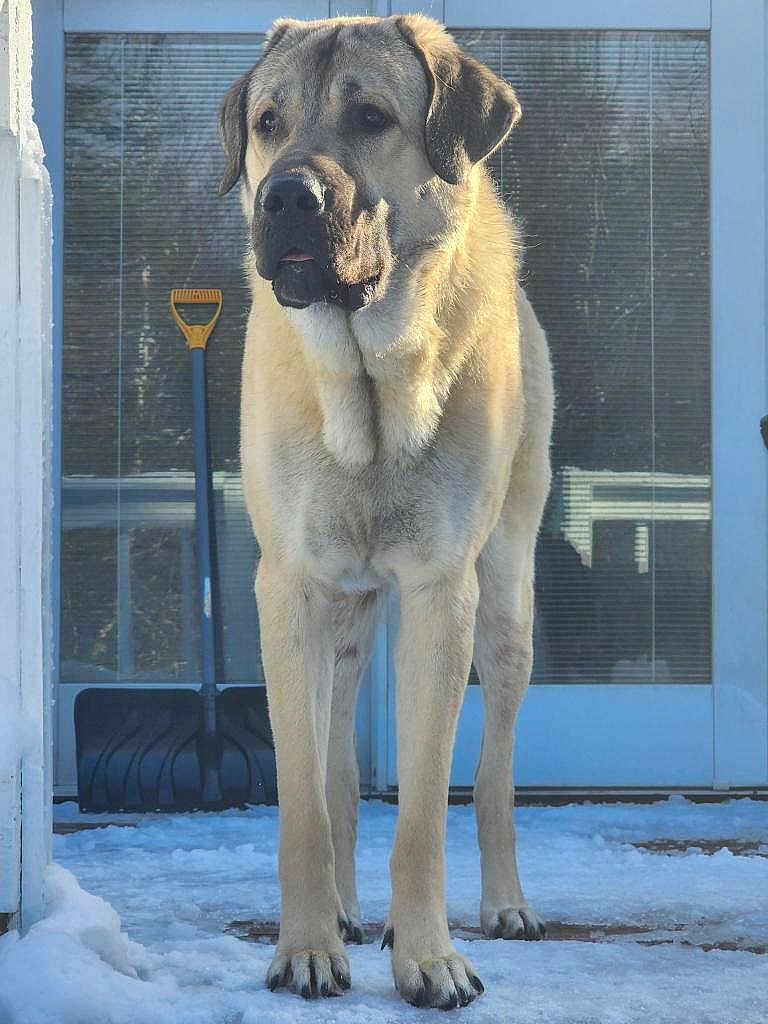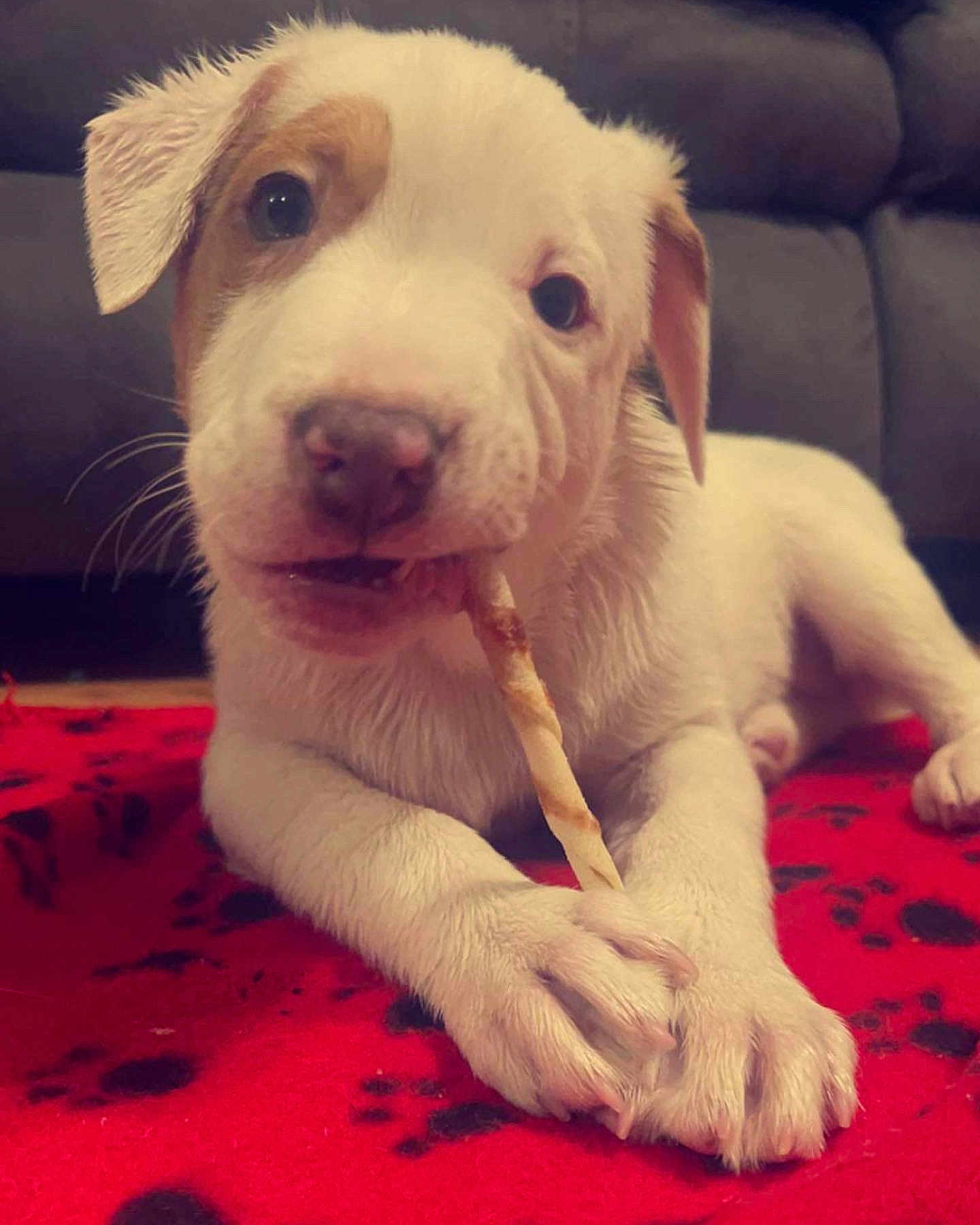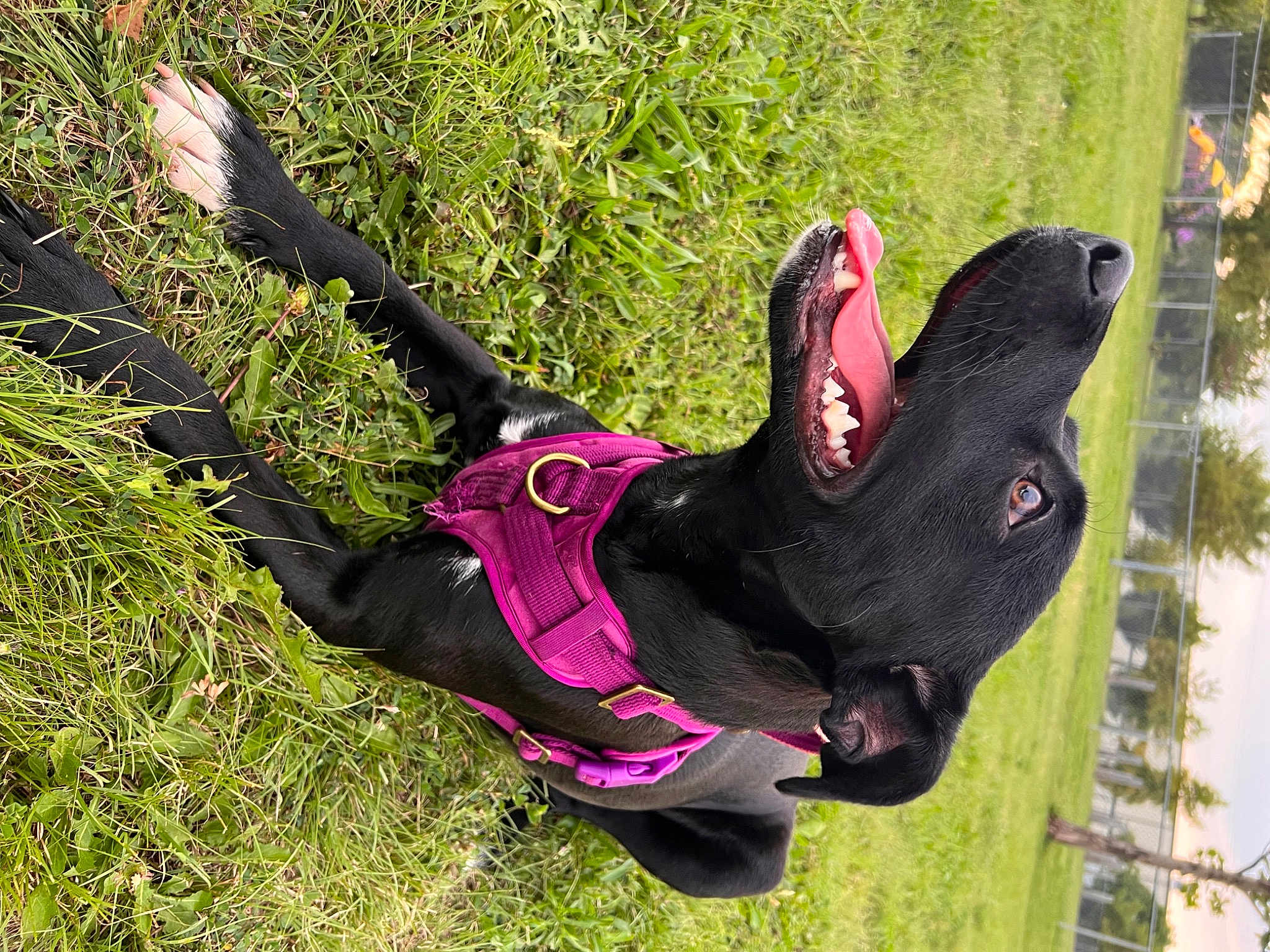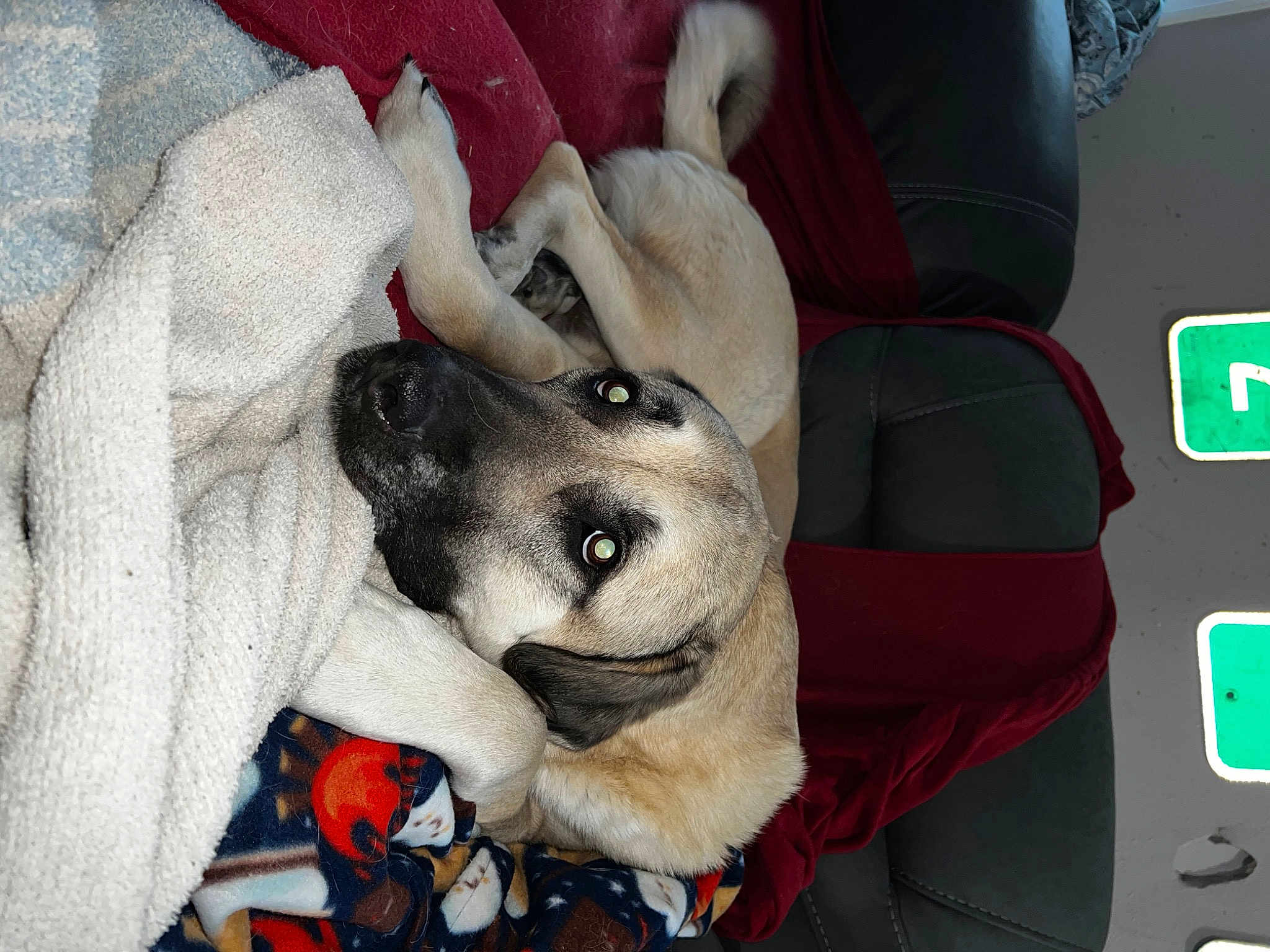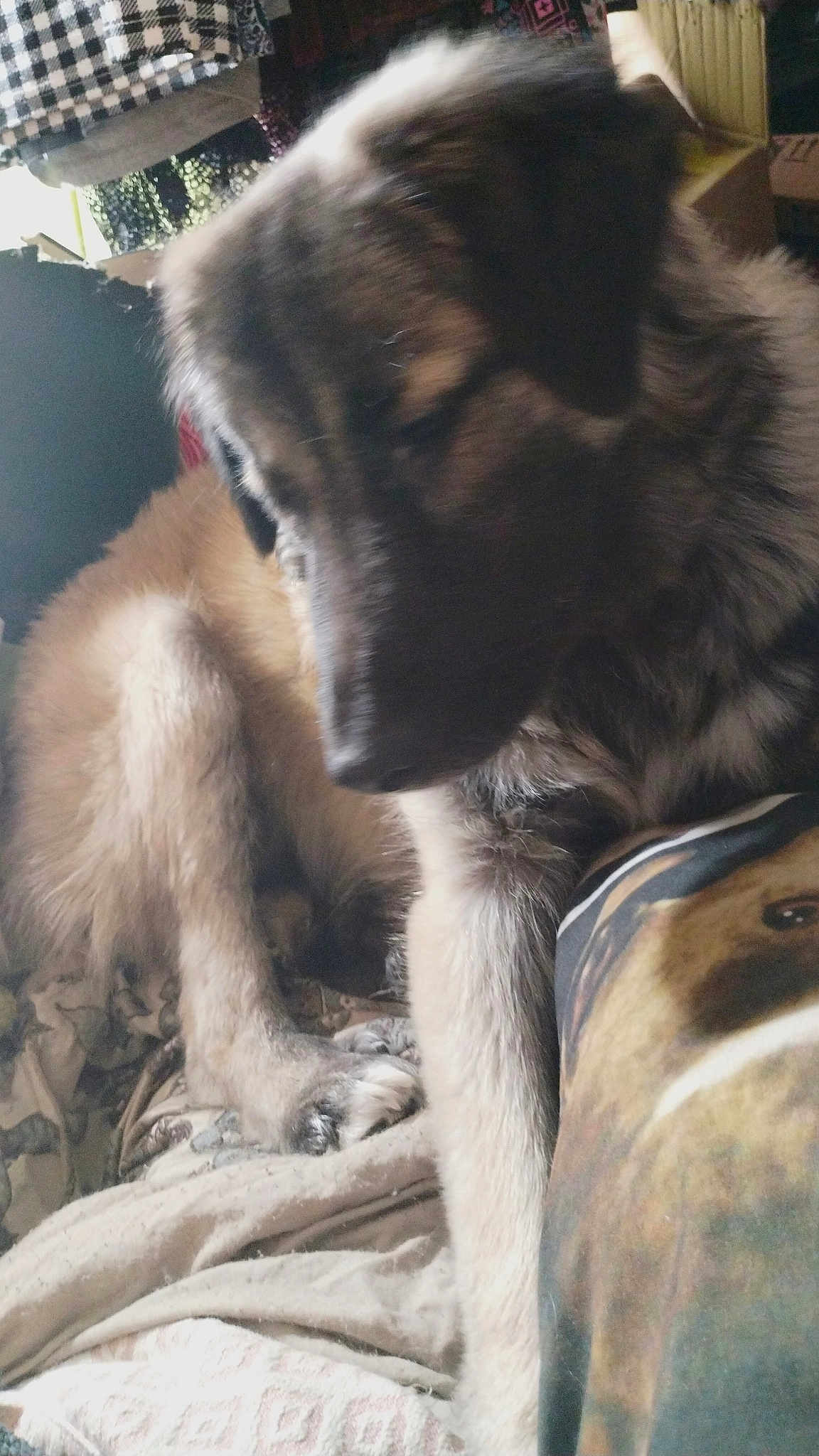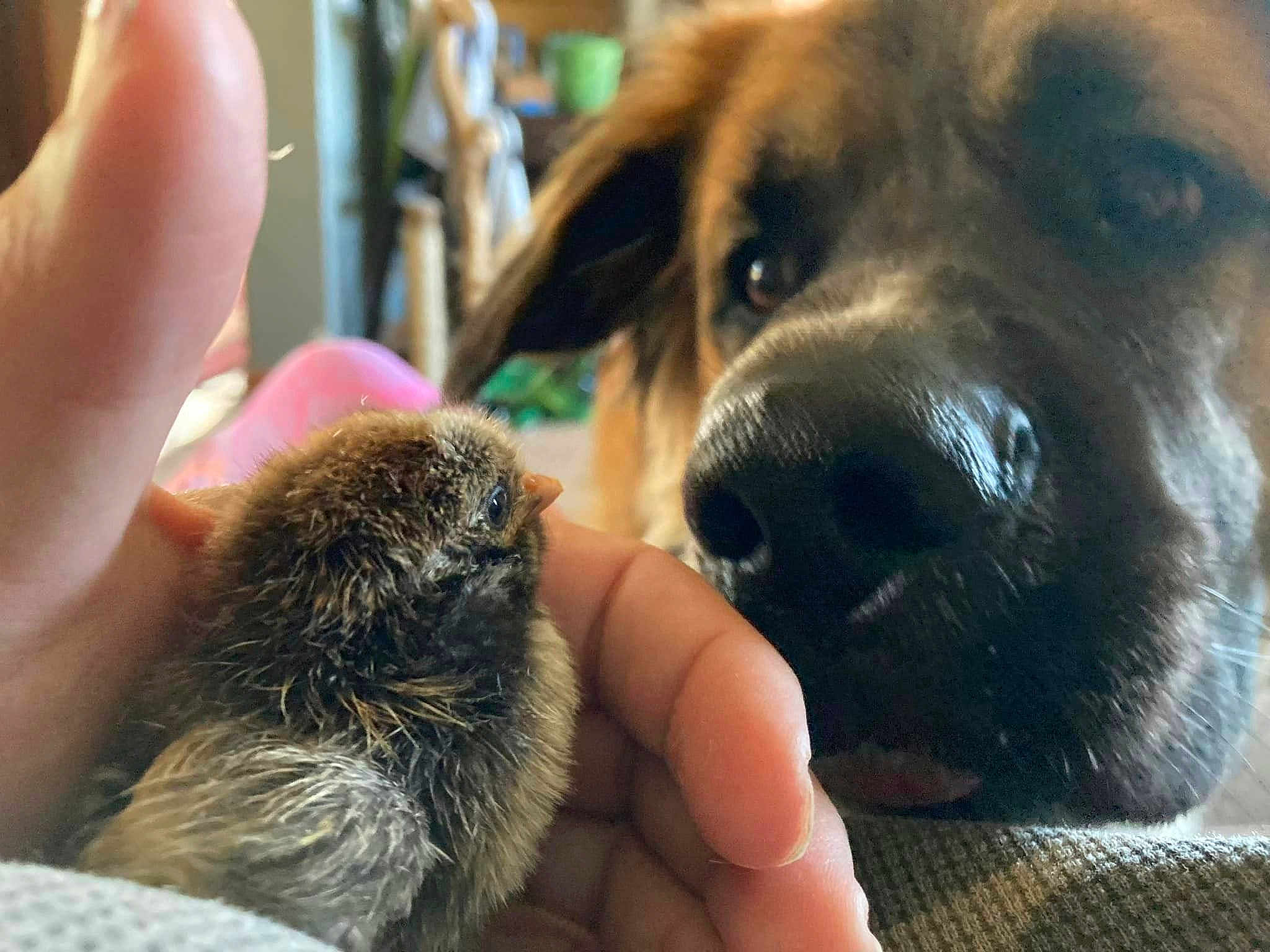"A watchdog by nature, the Anatolian Shepherd is as loyal as they come, often forming an unbreakable bond with its human family while retaining an air of independence and pride."
Personality and Behavior of the Anatolian Shepherd
The Anatolian Shepherd is renowned for its unique blend of independence and loyalty. These dogs are guardians at heart, originally bred to protect livestock in the rugged terrains of Turkey. Their vigilant and protective nature translates well into a home setting, where they can be the steadfast protectors of their families. Known for their calm and steady demeanor, they seldom display unnecessary aggression but will not hesitate to defend their territory and loved ones if the situation demands.
This breed thrives on forming close bonds with its human companions. Despite their large, imposing stature, Anatolian Shepherds are known to be gentle and patient, especially with children. They are exceptionally intelligent, which often shows in their problem-solving abilities and their knack for making independent decisions. However, this intelligence can sometimes translate into stubbornness, especially if they sense that their human counterparts are uncertain or inconsistent in their commands.
Anatolian Shepherds are also highly alert and observant, traits that make them excellent watchdogs. They are always aware of their surroundings, and you will often find them perched in a spot where they can survey their territory. Their bark is powerful and can be a deterrent to any would-be intruders. However, they are not overly vocal without reason – their barks are usually reserved for alerting their humans to something unusual.
“A distinctive trait of the Anatolian Shepherd is its role in cheetah conservation efforts in Namibia. These dogs are employed to protect livestock, reducing the need for farmers to kill cheetahs, thus helping both the farming community and the cheetah population.”
Anatolian Shepherds are relatively low-energy dogs indoors but require ample exercise to maintain their health and happiness. They enjoy having a job to do and can become bored and potentially destructive if left without mental and physical stimulation. Engaging them in tasks that mimic their natural guardian instincts, such as advanced obedience training or even agility courses, can be highly beneficial.
Meanings, History, and Origins of the Name Anatolian Shepherd
The name "Anatolian Shepherd" is rich in historical and geographical significance. Originating from the Anatolia region of Turkey, these dogs have been working as livestock guardians for over 6,000 years. The term "shepherd" refers not to their herding but rather their protective role over flocks and livestock. In Turkey, they are often called "Karabash," which means "black head," a name derived from their common physical trait.
The history of the Anatolian Shepherd is deeply intertwined with the nomadic cultures of the region. These dogs were vital to the survival of the herders, protecting flocks from predators such as wolves and bears. Their independent and resilient nature developed as a result of this demanding role, where they often had to make quick, autonomous decisions to defend their charges.
In terms of symbolism, the Anatolian Shepherd is often seen as a guardian and protector. This is aligned with the cultural perspective of the Turkish people, who highly value loyalty and vigilance in their working dogs. The breed is also a living testament to the rugged and resilient spirit of the Anatolian plateau, an area known for its harsh climate and challenging terrain.
The Anatolian Shepherd was introduced to the United States in the mid-20th century and has since gained a steady following. Despite its relatively recent introduction to the West, the breed’s ancient lineage and well-documented history have made it a subject of interest for historians and dog enthusiasts alike.
Popularity of the Anatolian Shepherd
The Anatolian Shepherd enjoys moderate popularity in the United States and other English-speaking countries. Initially, its appeal was primarily among farmers and ranchers who required a dependable livestock guardian. However, the breed's reputation for loyalty and its formidable guarding abilities have increased its appeal among a broader audience.
In the United States, the Anatolian Shepherd ranks within the mid-range in terms of breed popularity. They are not as commonly found in urban areas due to their size and exercise needs. Instead, they are more prevalent in rural settings where their guardian instincts are put to good use. The breed's increasing visibility in dog shows and competitions has also bolstered its popularity.
Globally, the Anatolian Shepherd holds a special place in countries with a strong tradition of livestock farming. In its homeland of Turkey, the breed is still highly regarded for its original purpose. Similarly, in Australia and South Africa, where livestock farming is prominent, the Anatolian Shepherd is treasured for its protective abilities.
The breed's role in conservation projects, particularly in Africa, where they protect livestock from predators like cheetahs, has also earned the Anatolian Shepherd international recognition. This unique position as both a working dog and a conservation asset has helped the breed gain positive attention worldwide.
Health and Care of the Anatolian Shepherd
Caring for an Anatolian Shepherd involves understanding its specific health needs and providing ample exercise and mental stimulation. This breed is generally healthy, but like all large dogs, they can be prone to certain conditions. Hip dysplasia and elbow dysplasia are relatively common, as is hypothyroidism. Regular veterinary check-ups are essential to catch and treat any potential health issues early.
Anatolian Shepherds require a balanced diet that supports their large size and active lifestyle. High-quality dog food, either commercially manufactured or home-prepared with your veterinarian’s approval, is crucial. Their nutrition should include protein, fats, carbohydrates, and essential vitamins and minerals. It’s also important to manage their weight to avoid undue stress on their joints.
Grooming needs for the Anatolian Shepherd are moderate. Their double coat requires regular brushing to minimize shedding, maintain coat health, and reduce the risk of mats and tangles. They shed twice a year, and during these periods, more frequent brushing can help manage the fur. Bathing should be done as needed, but take care not to overdo it, as excessive bathing can strip the coat of natural oils.
Mental stimulation is vital for this intelligent breed. Puzzle toys, training exercises, and tasks that engage their problem-solving skills can prevent boredom and behavioral issues. Physical exercise, such as long walks, jogging, or playing in a fenced area, is equally important to keep an Anatolian Shepherd healthy and happy.
Training and Education of the Anatolian Shepherd
Training an Anatolian Shepherd can be both a rewarding and challenging experience. Their intelligence and independent nature require a firm, consistent approach. Basic obedience training should begin early, focusing on commands such as sit, stay, come, and heel. Socialization is also critical during puppyhood to ensure they grow into well-rounded adults.
Positive reinforcement is the most effective method when training an Anatolian Shepherd. They respond well to treats, praise, and play as rewards. Harsh training methods or physical punishment can be counterproductive, leading to mistrust or stubborn behavior. Patience and consistency are key to successfully training this breed.
Common challenges in training include their natural independent streak and guarding instincts. Anatolian Shepherds are wired to think and act autonomously, which can sometimes conflict with human commands. Overcoming this requires the trainer to establish clear leadership and build a relationship based on mutual respect and trust.
Advanced training for an Anatolian Shepherd could include working roles or canine sports. Given their background as livestock guardians, they do well in training exercises that simulate their historical roles. For instance, enrolling them in advanced obedience classes or agility training can provide them with the physical and mental stimulation they need.
Regular socialization with other dogs and people can help mitigate their inherent territorial and protective behavior. Puppy classes, dog park visits, and controlled meetings with other animals can play a crucial role in their social development.
Choosing the right dog breed involves considering factors such as personality, lifestyle compatibility, and your ability to meet the breed's care and exercise needs. The Anatolian Shepherd is an excellent choice for those looking for a loyal, protective, and intelligent companion. It’s important to recognize the breed’s need for space, consistent training, and regular exercise.
In conclusion, the Anatolian Shepherd stands out not only for its historical significance but also for its unwavering loyalty and protective nature. At Pageant Dog, we see many Anatolian Shepherds participating in our contests, showcasing their beauty and intelligence. Choosing an Anatolian Shepherd can bring a steadfast and loving guardian into your home, making them a perfect addition to families who can meet their needs.






